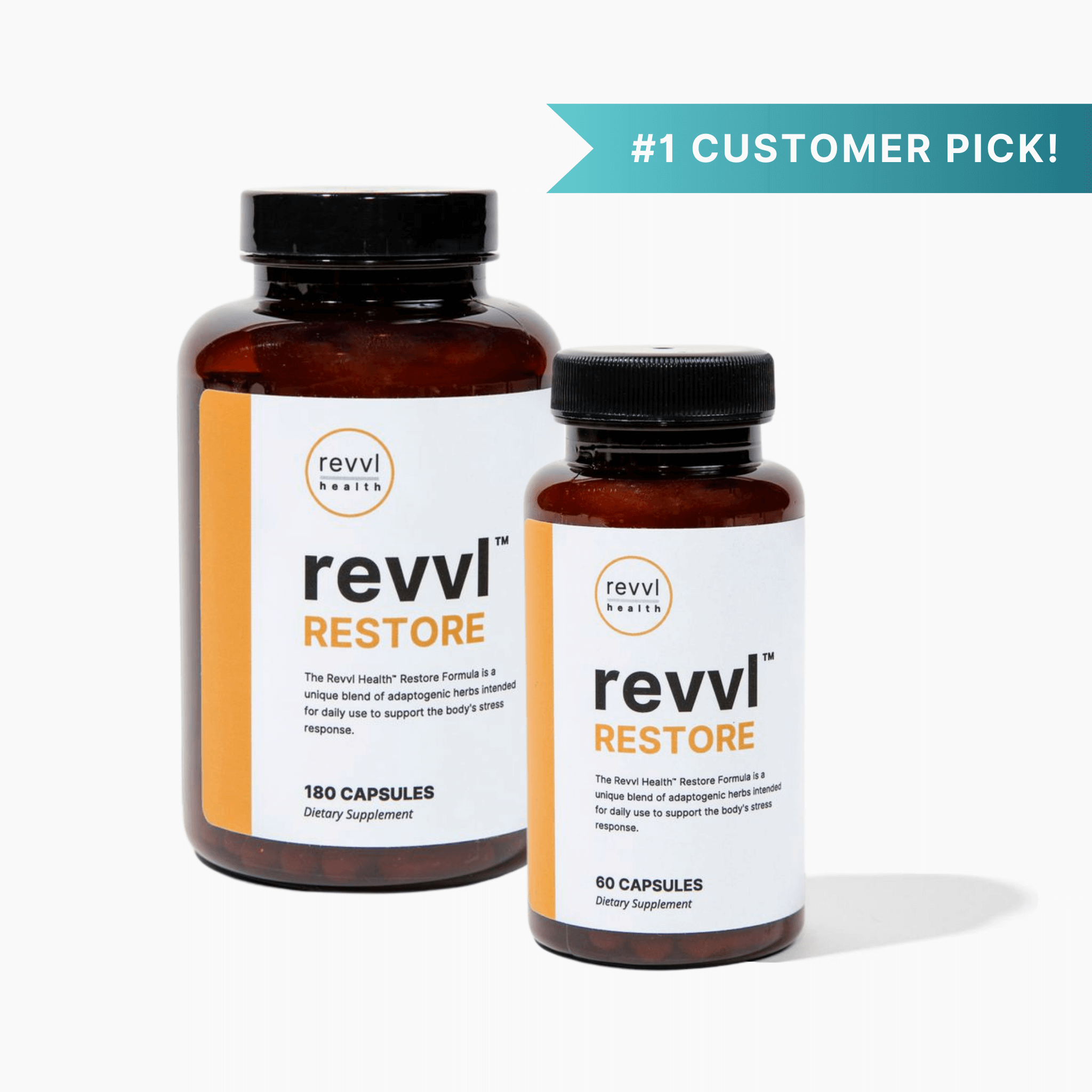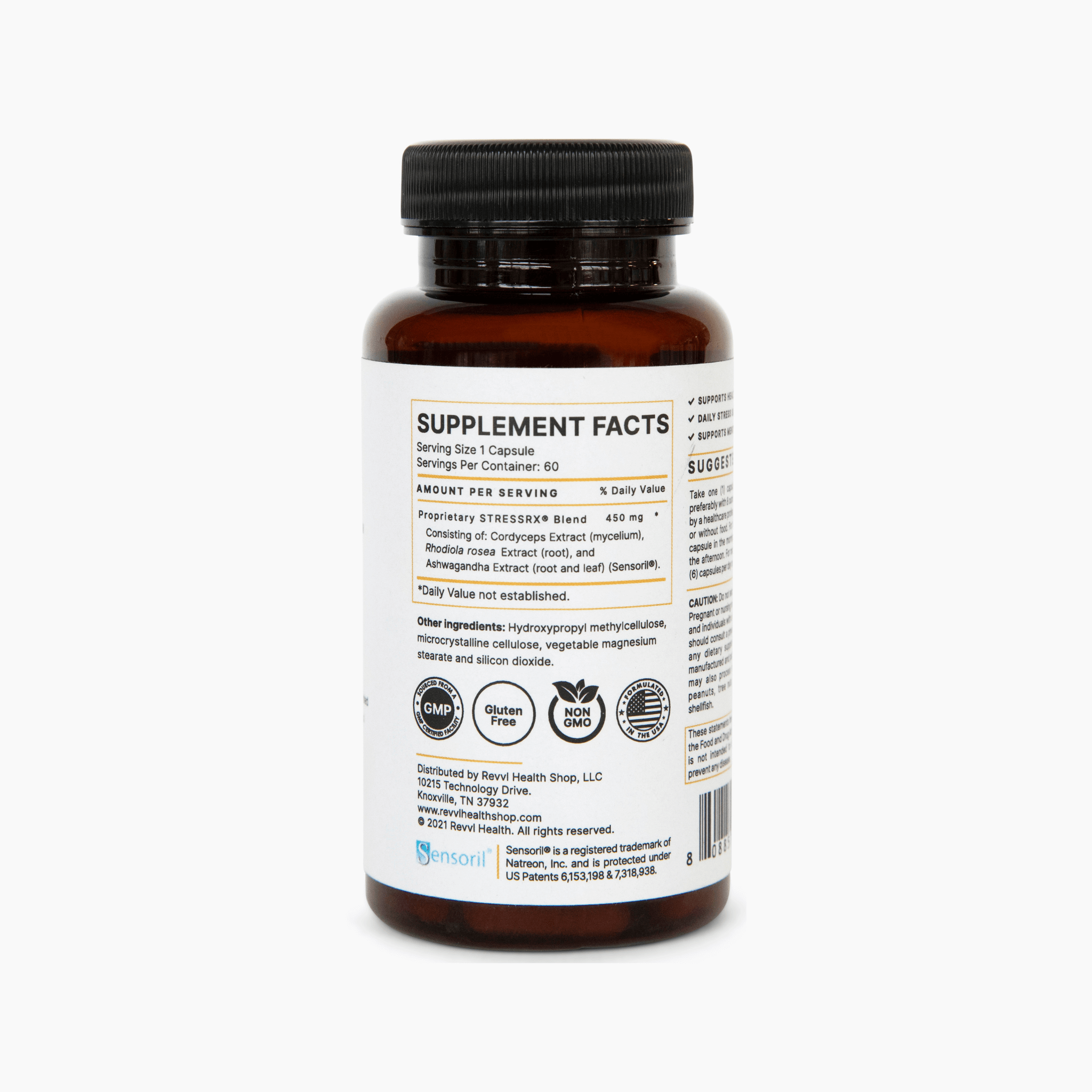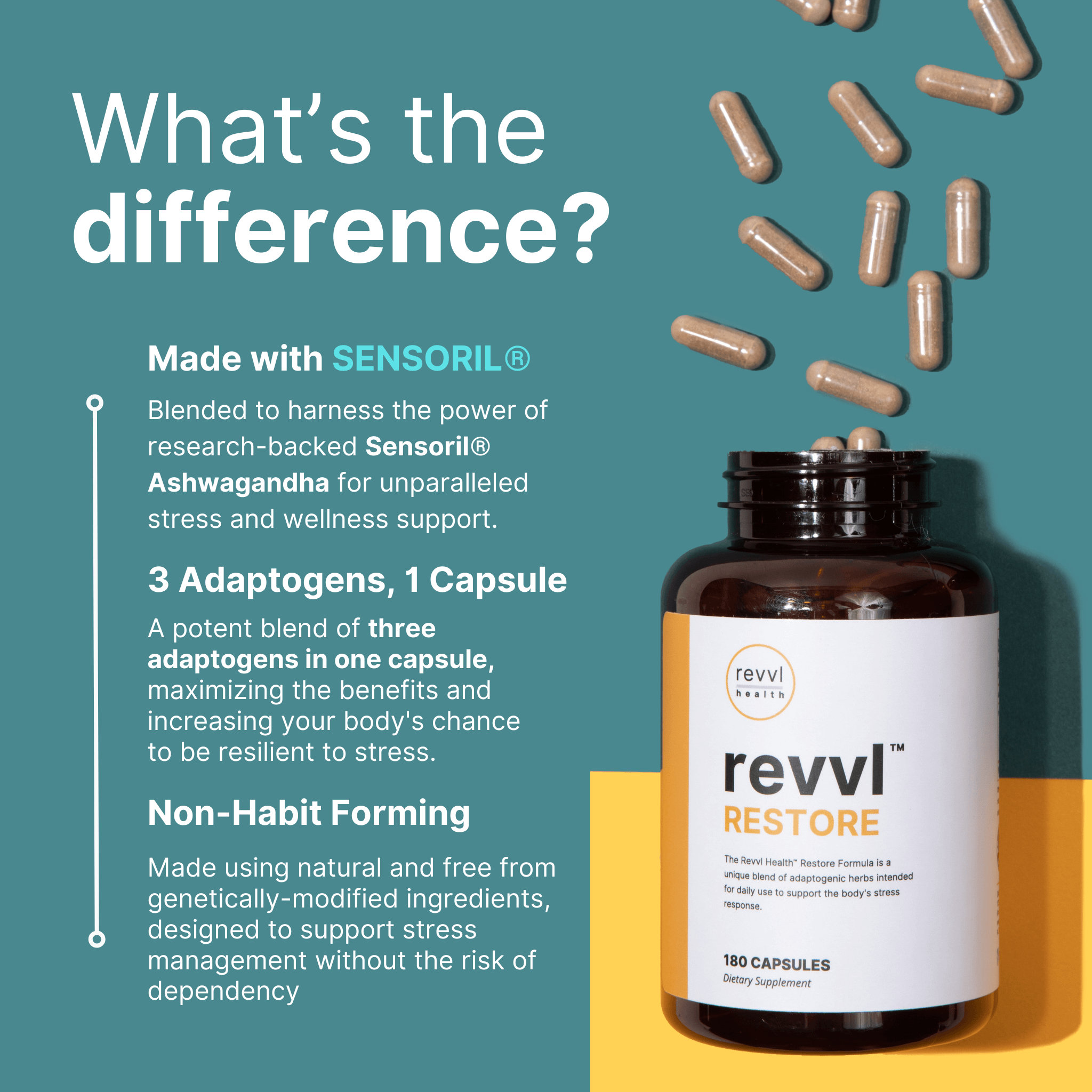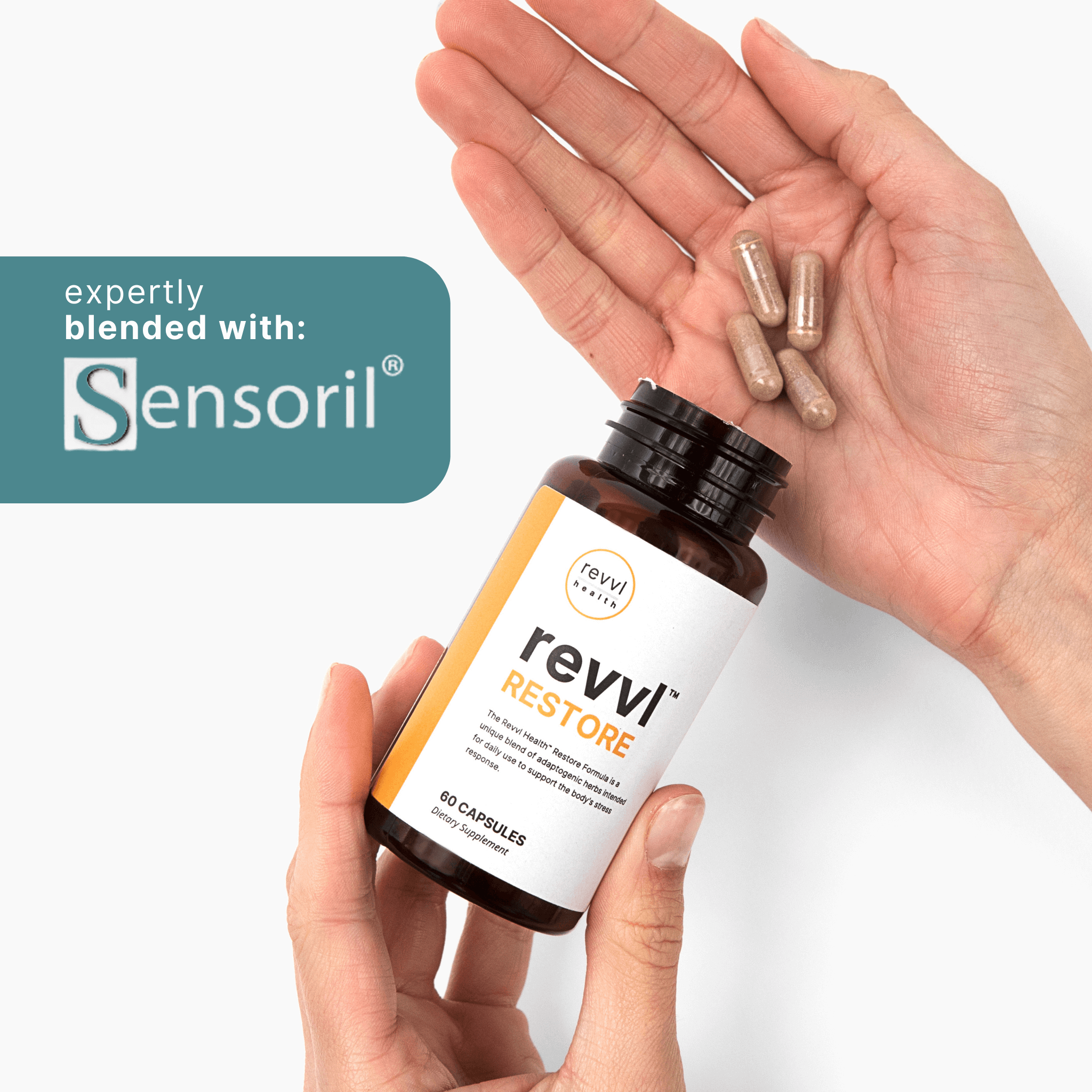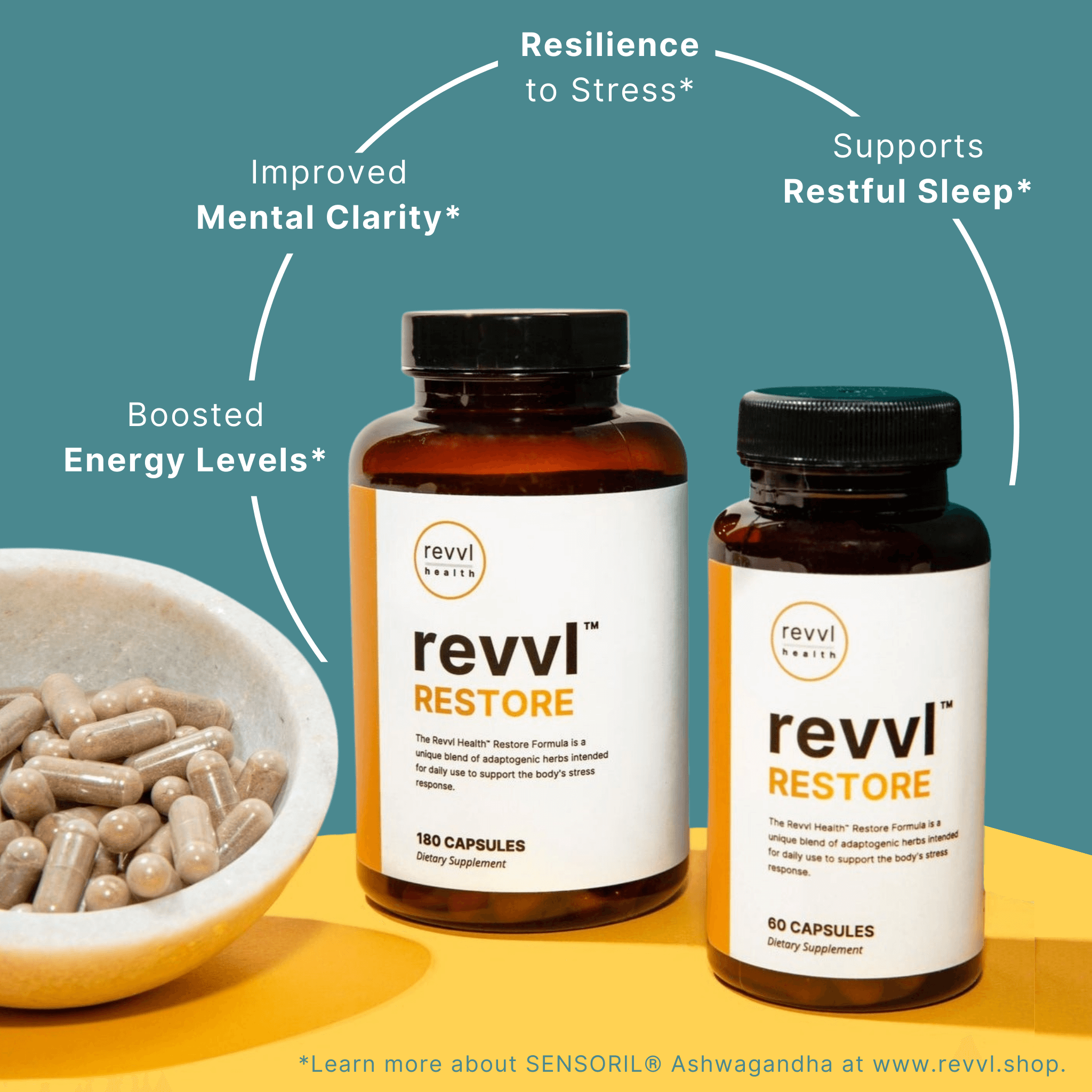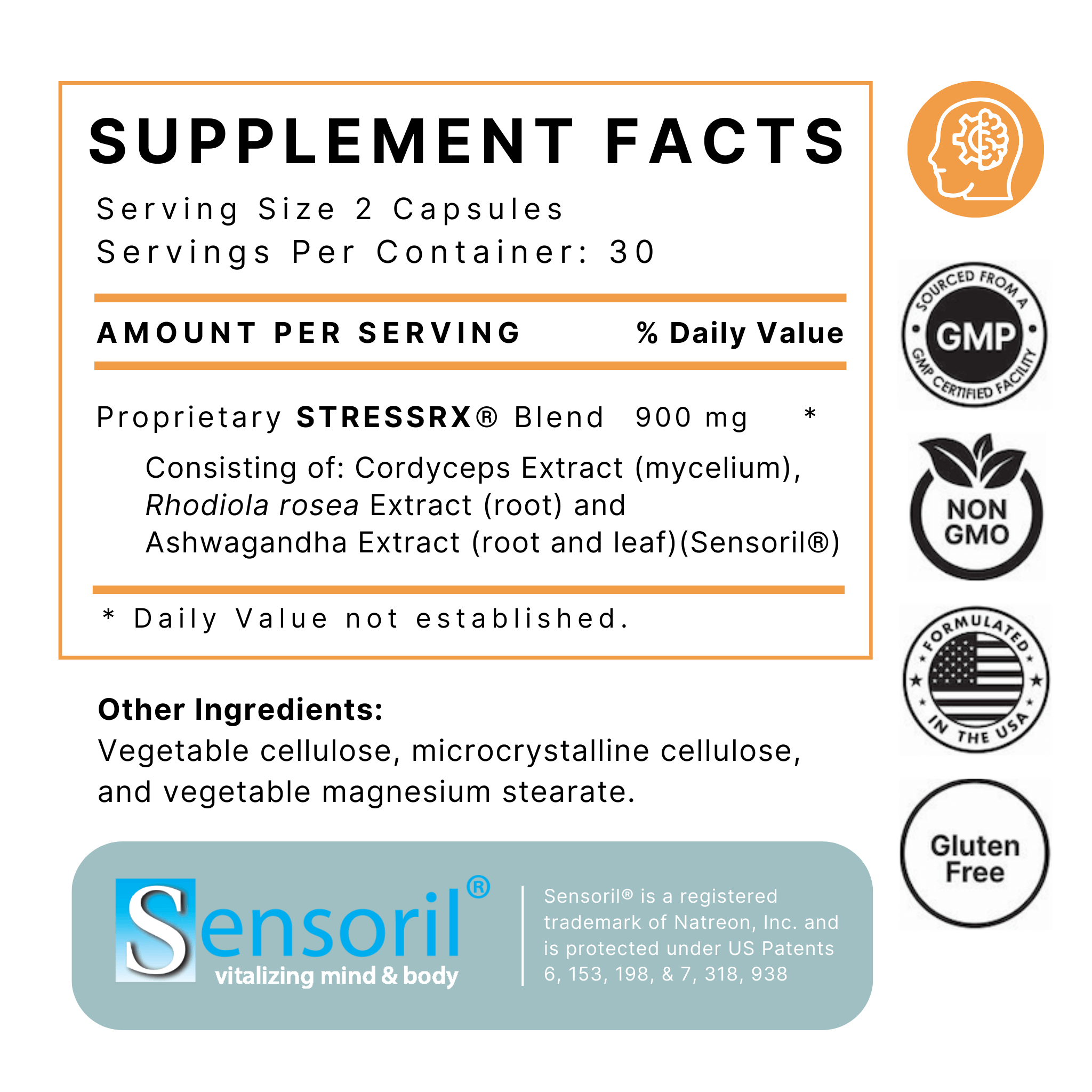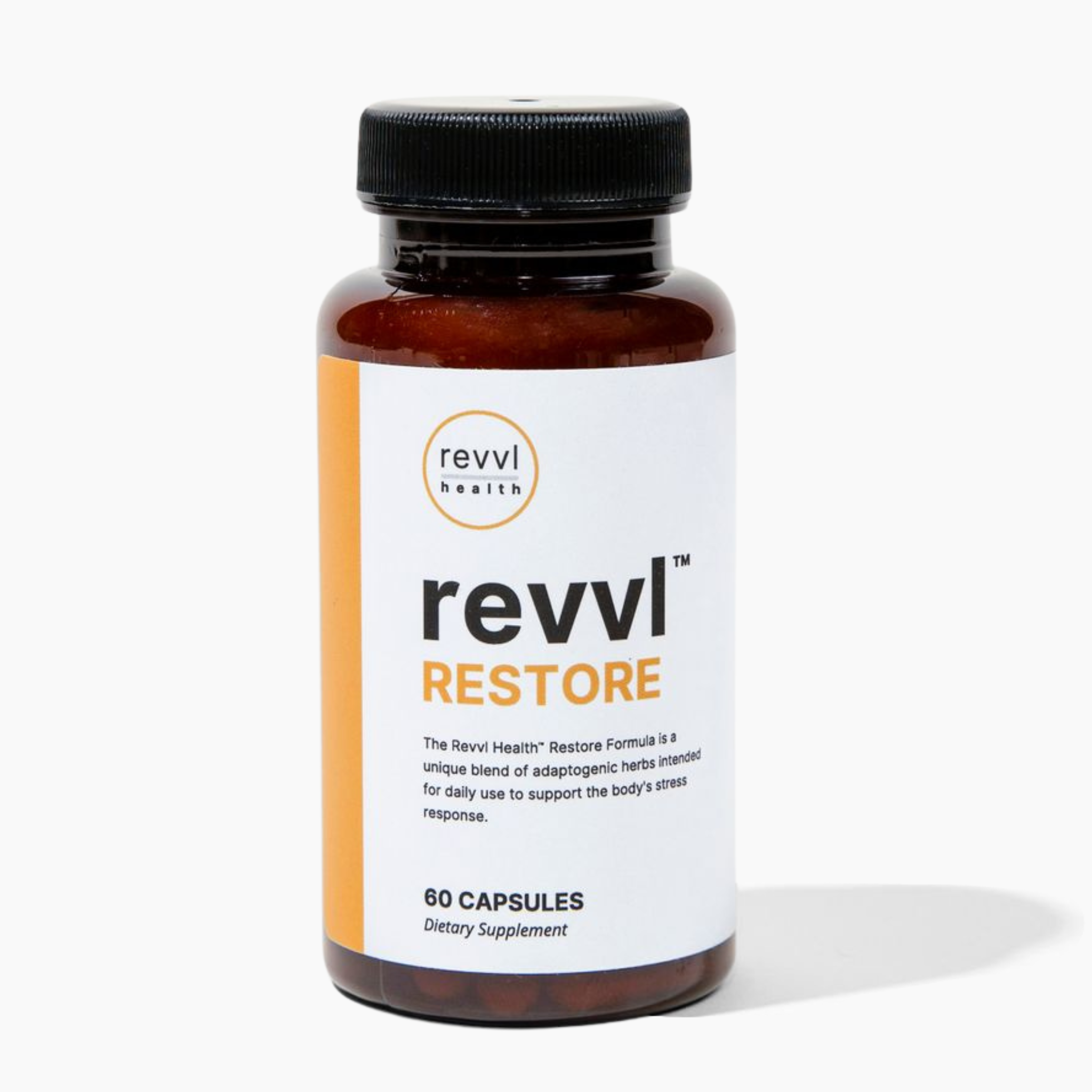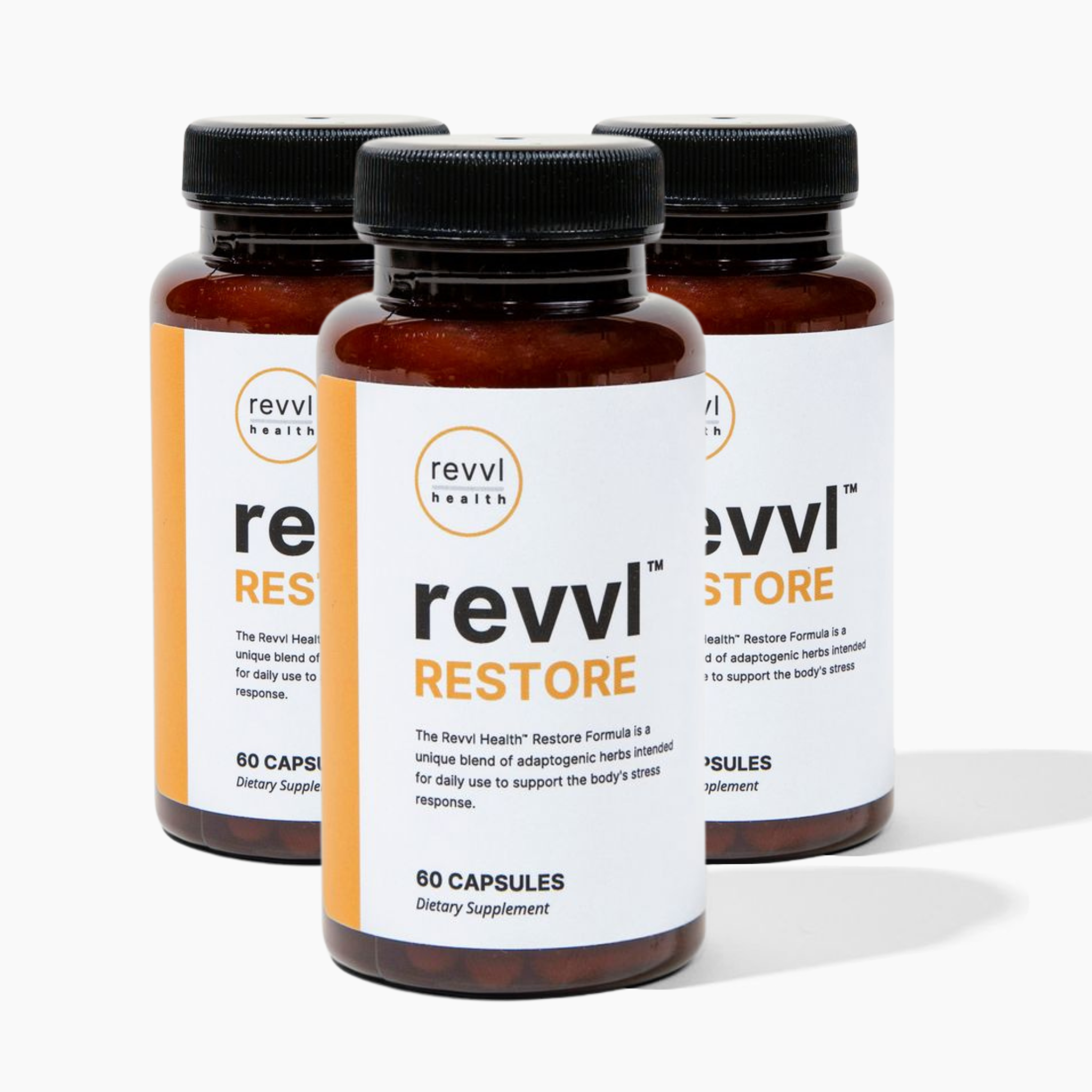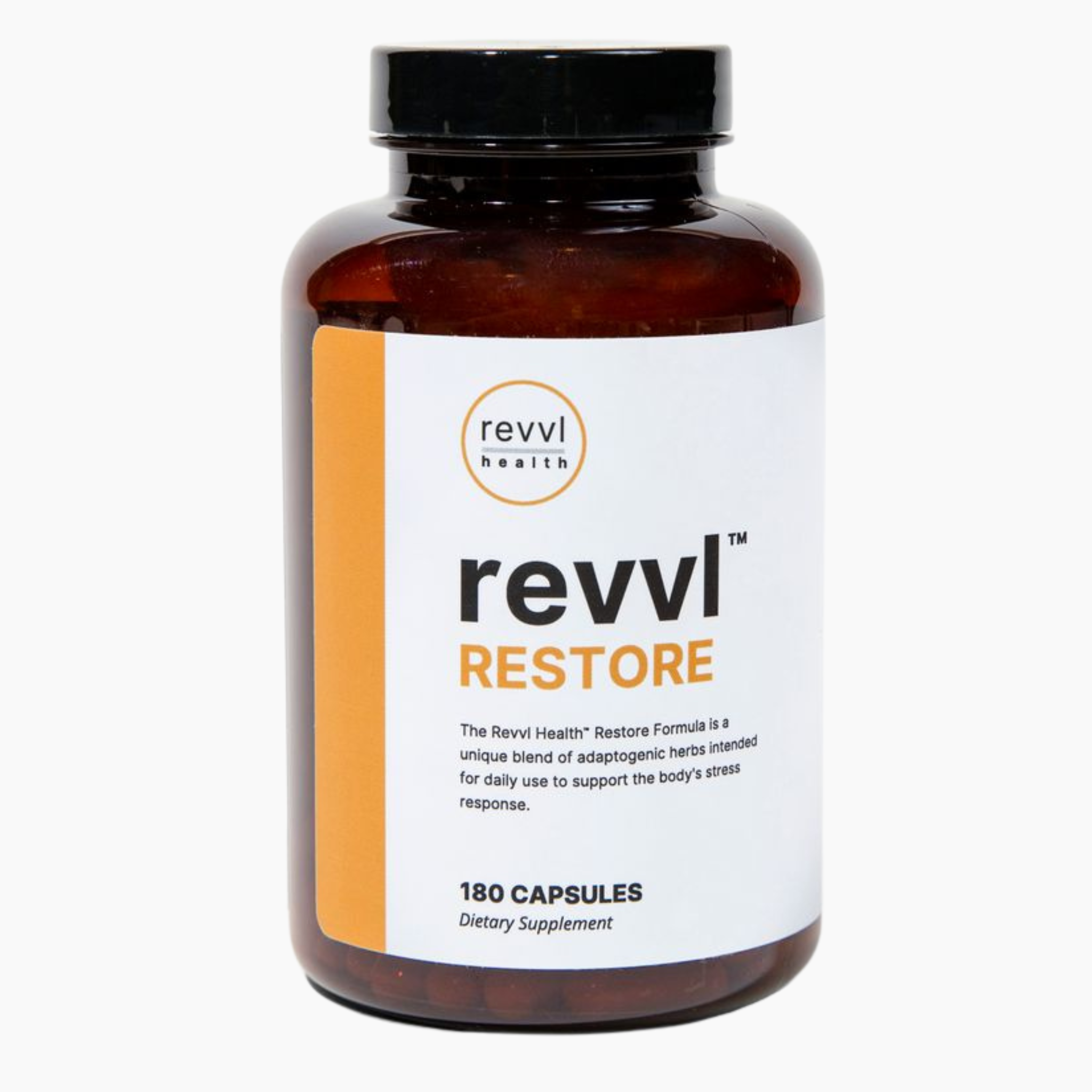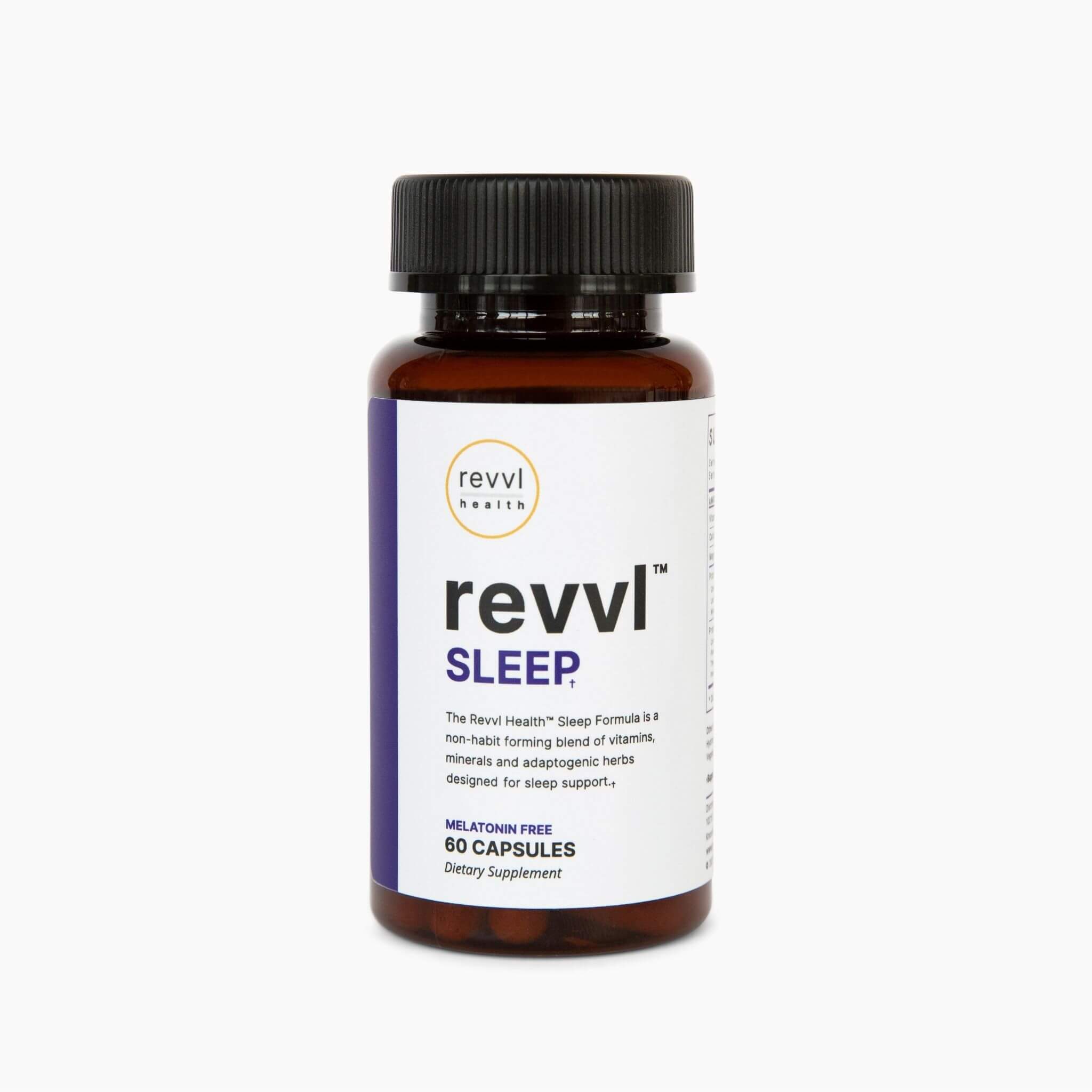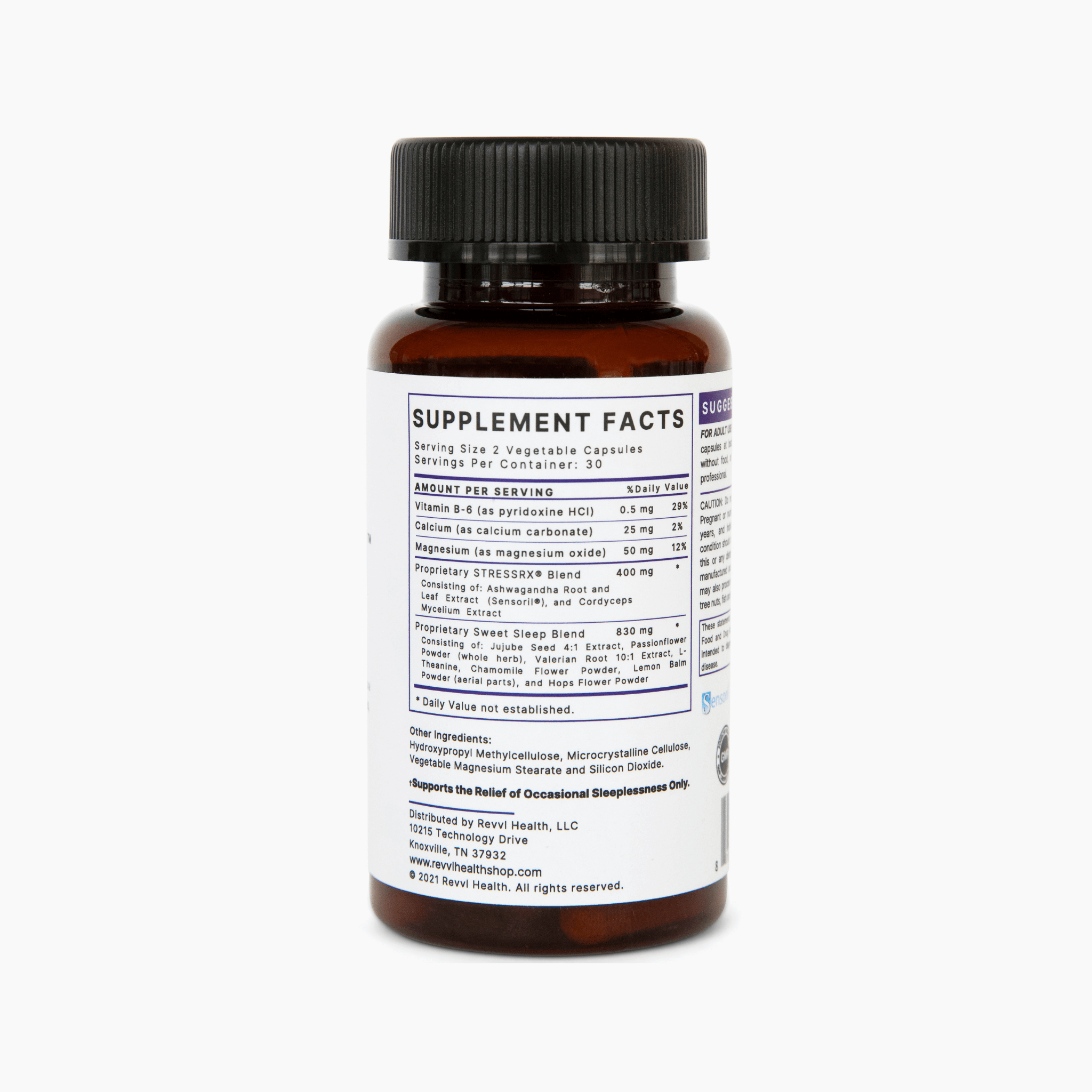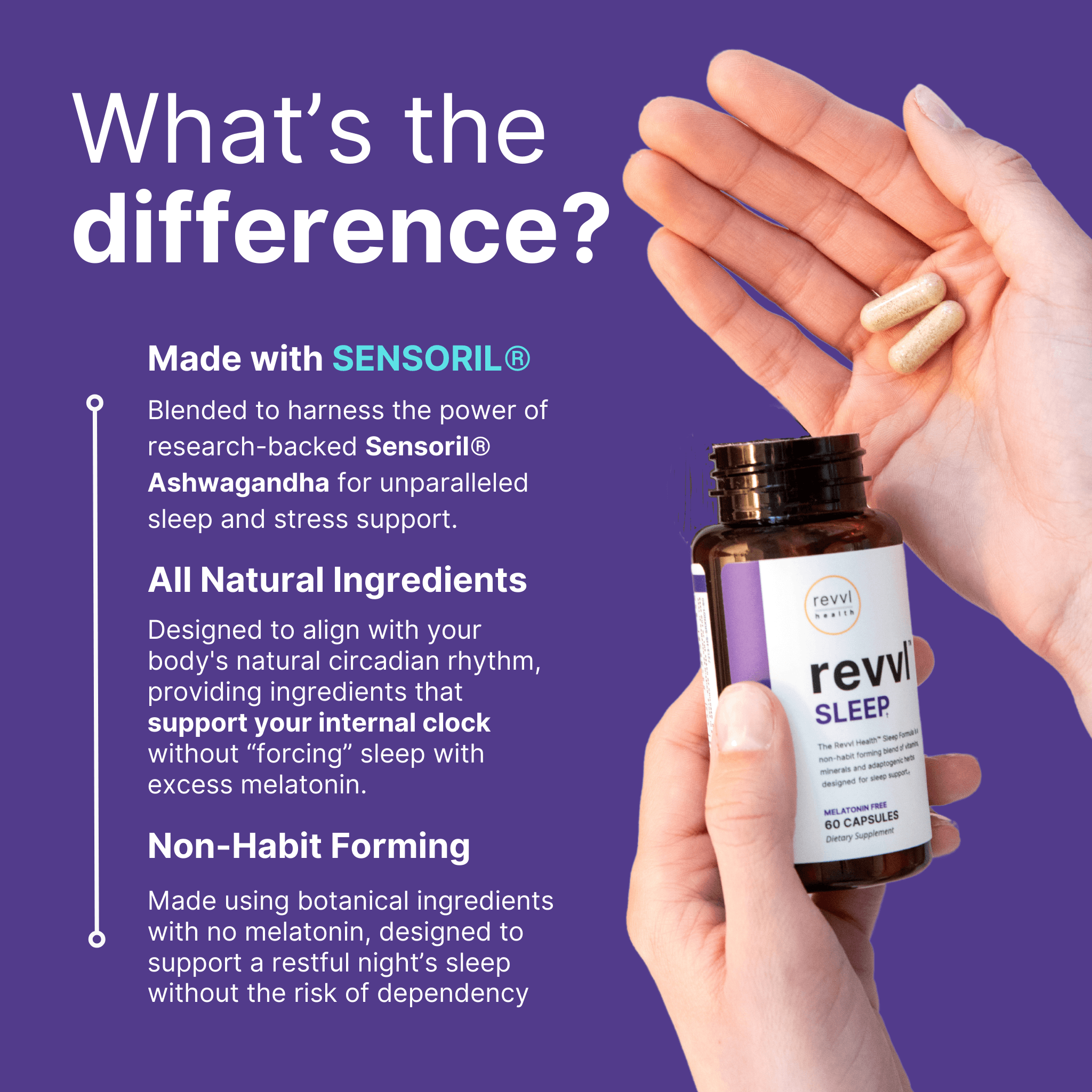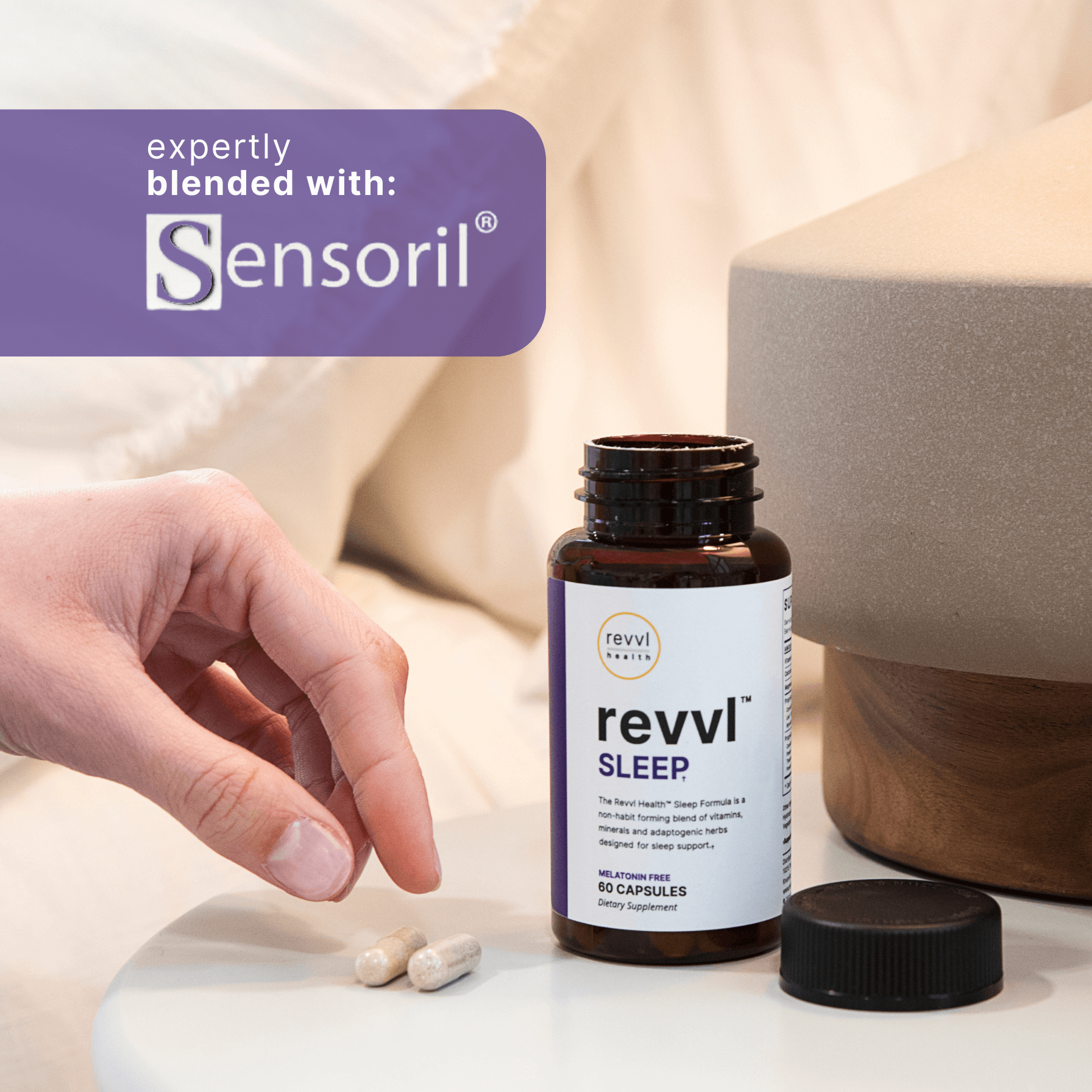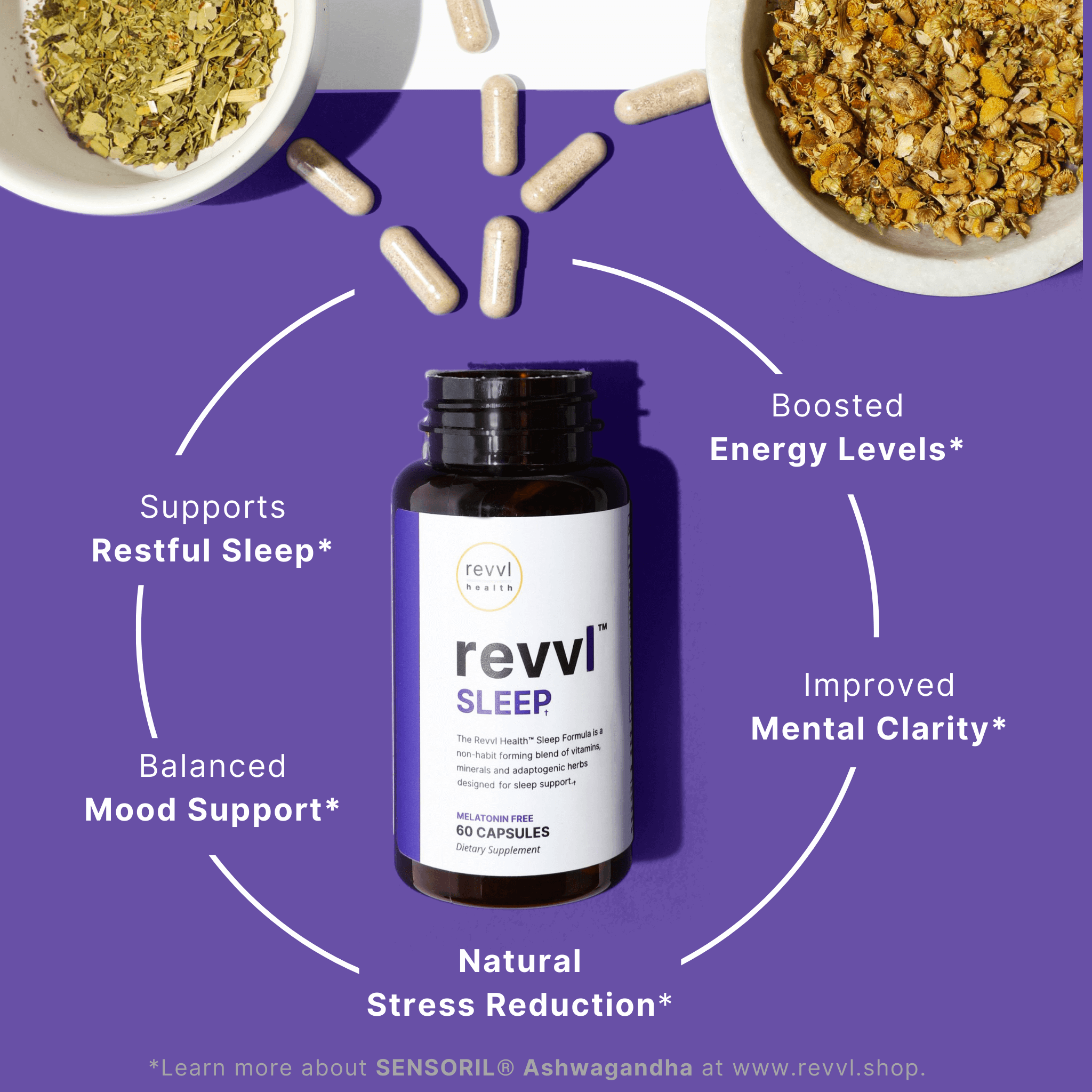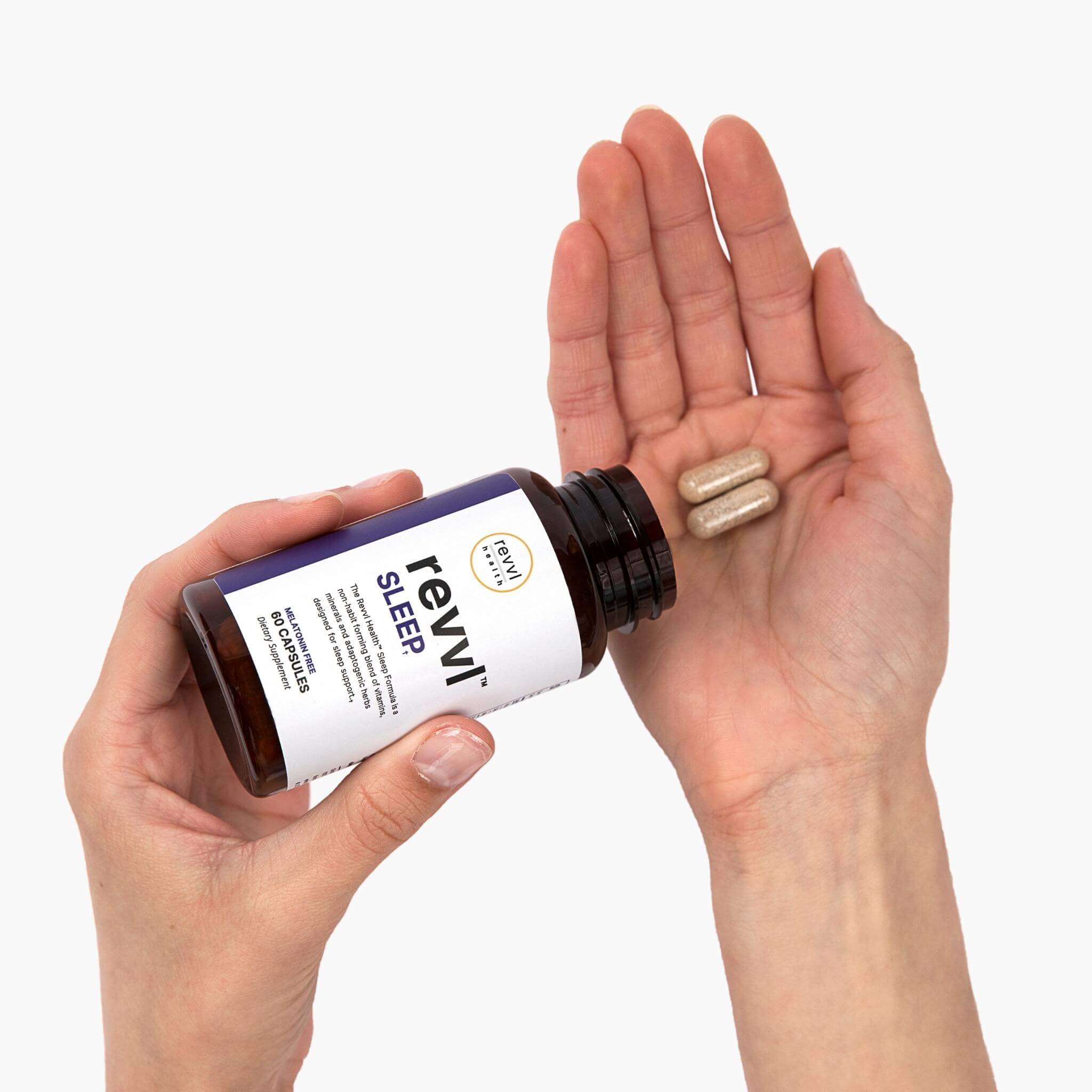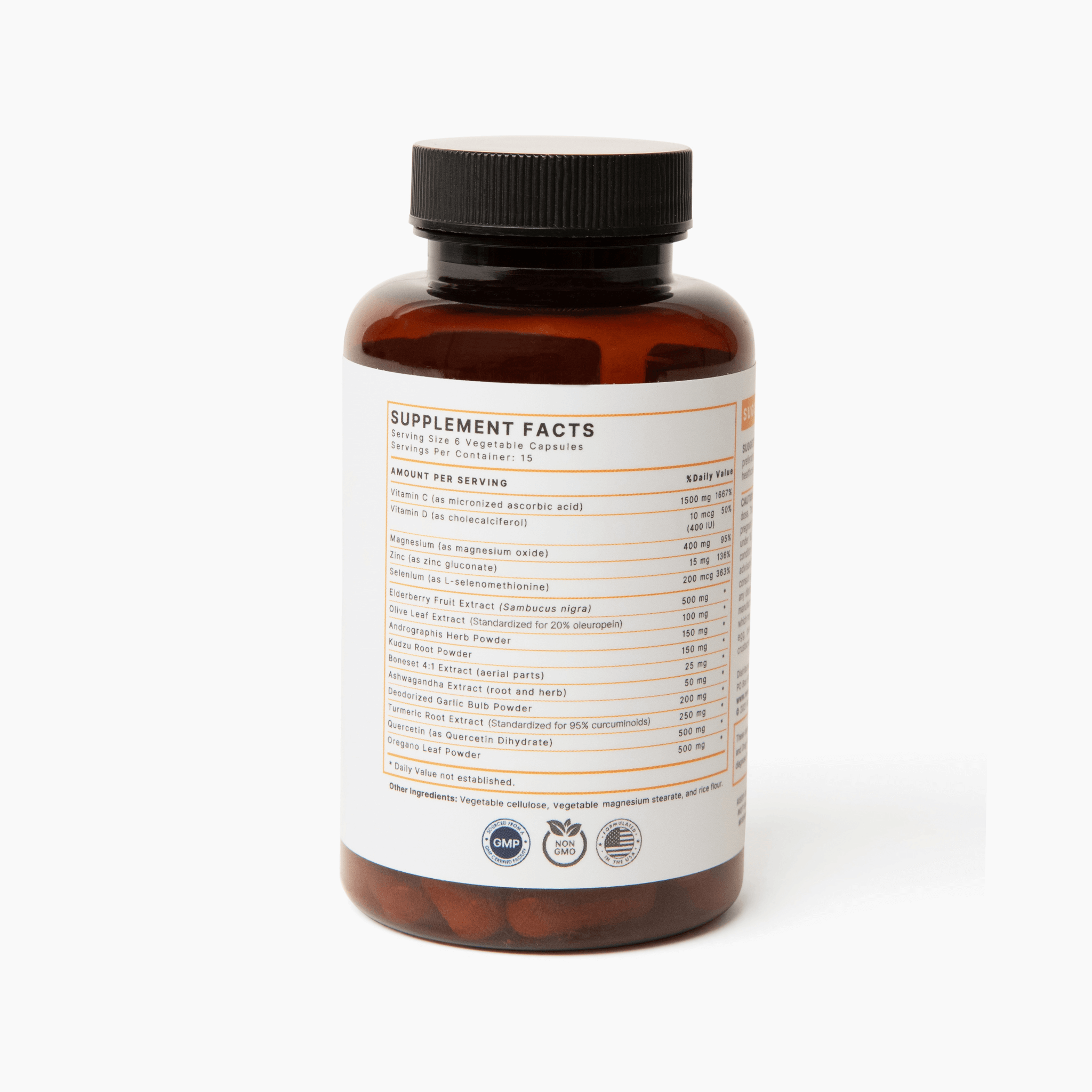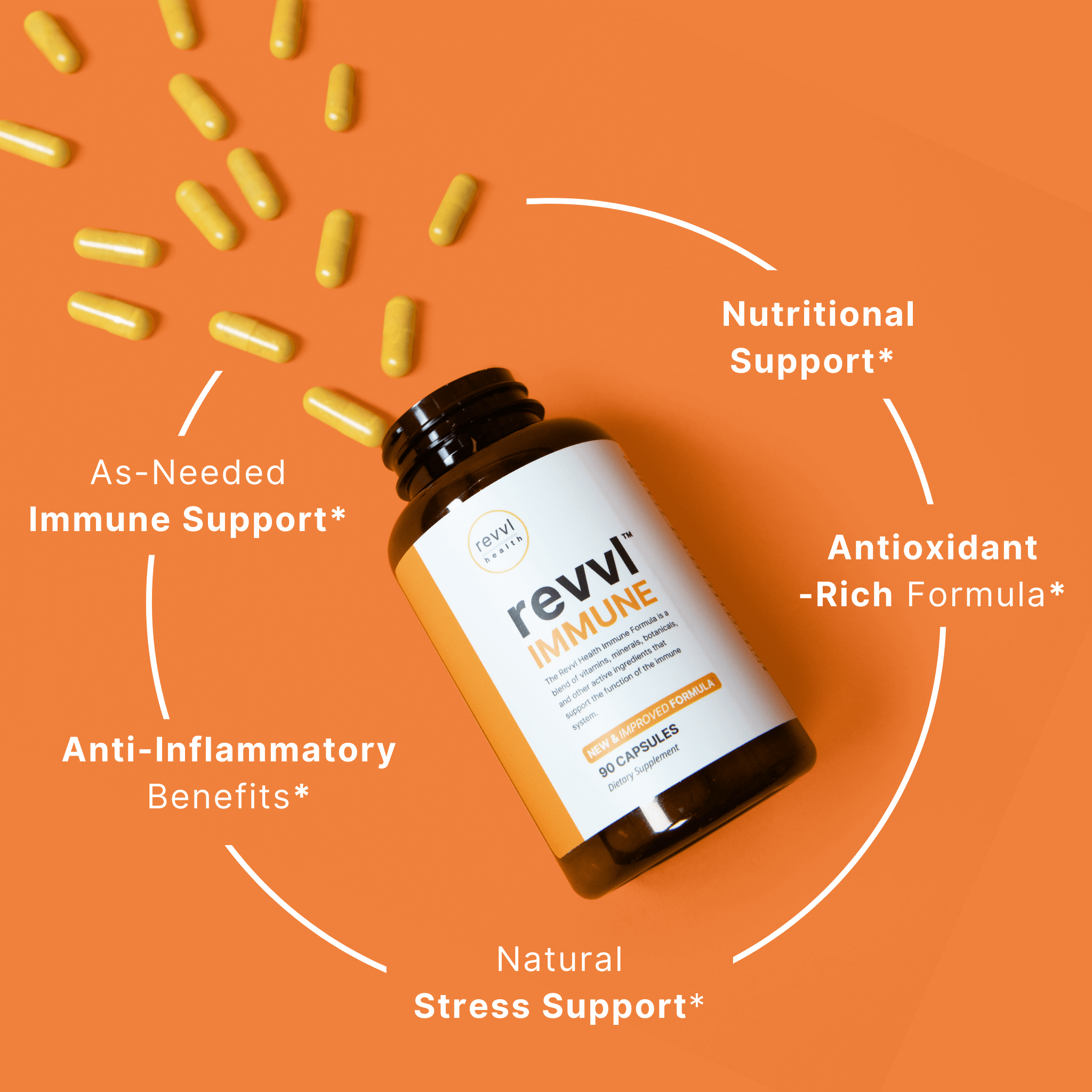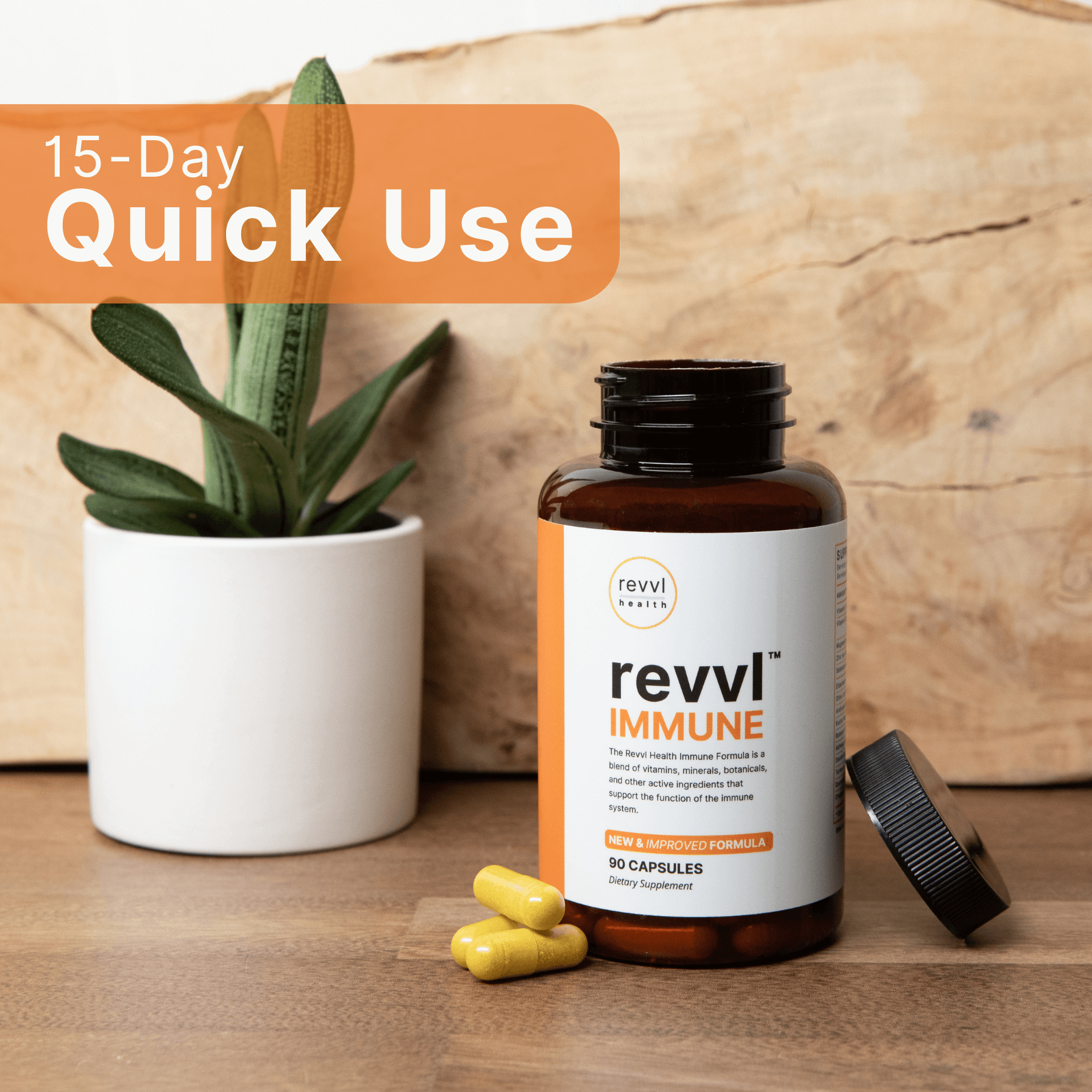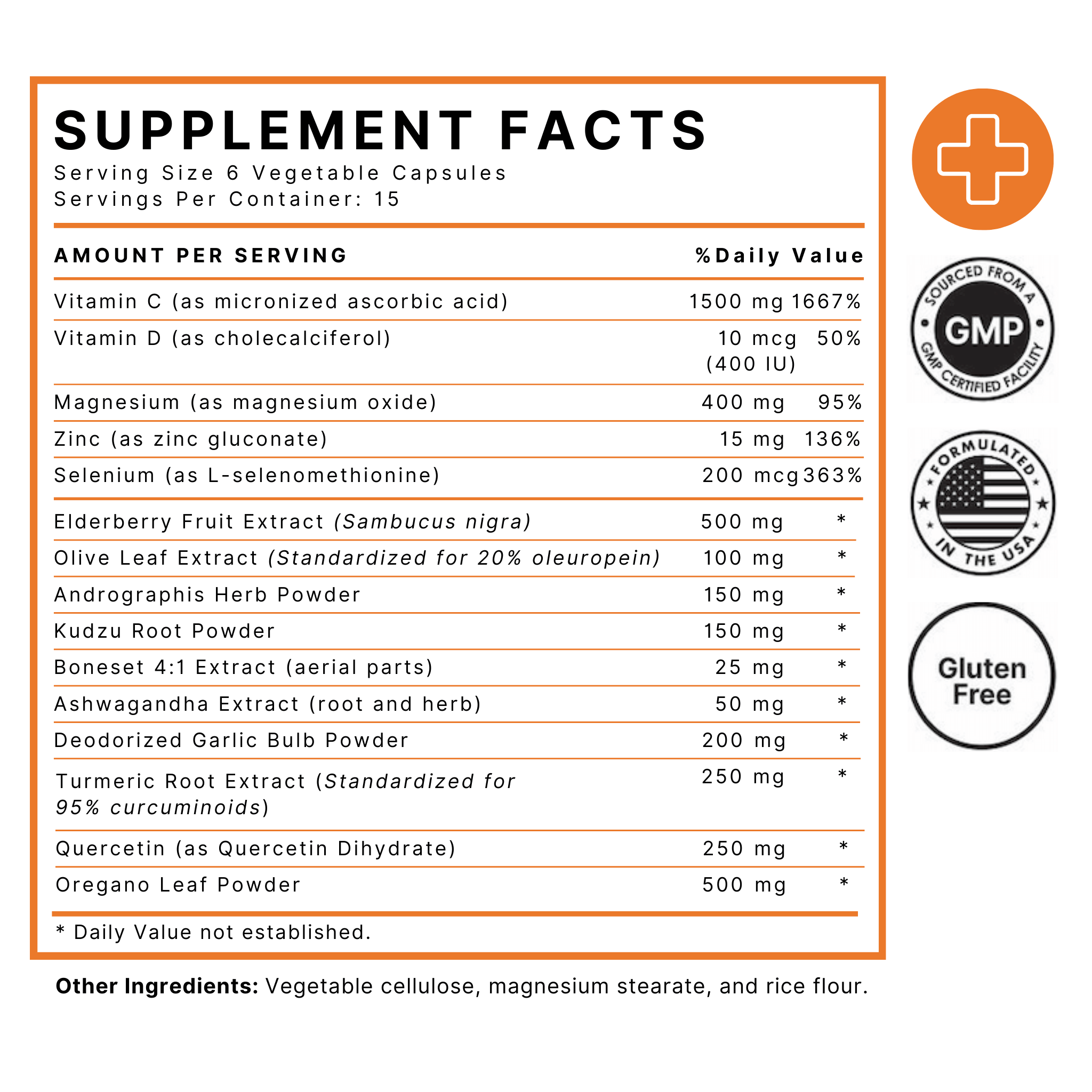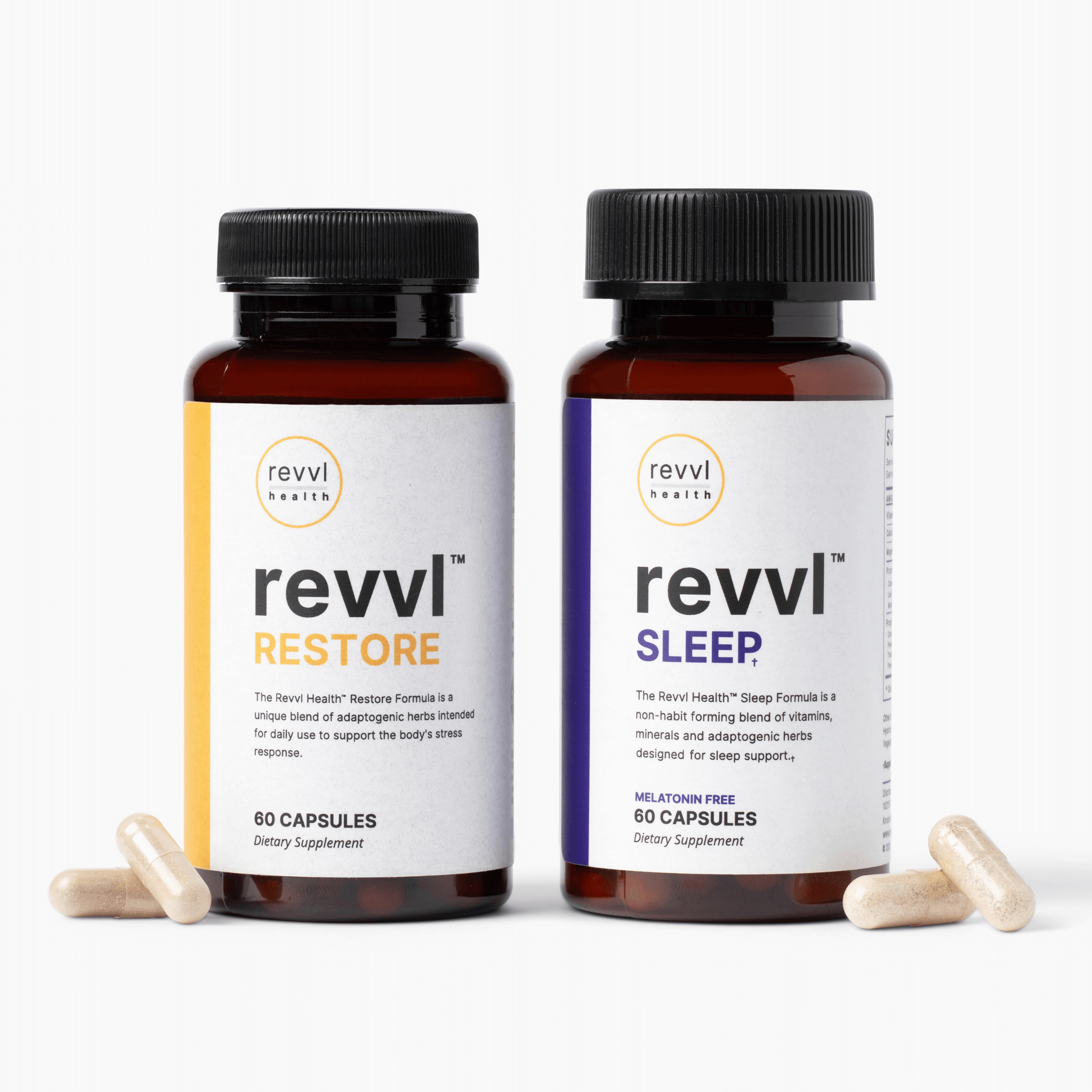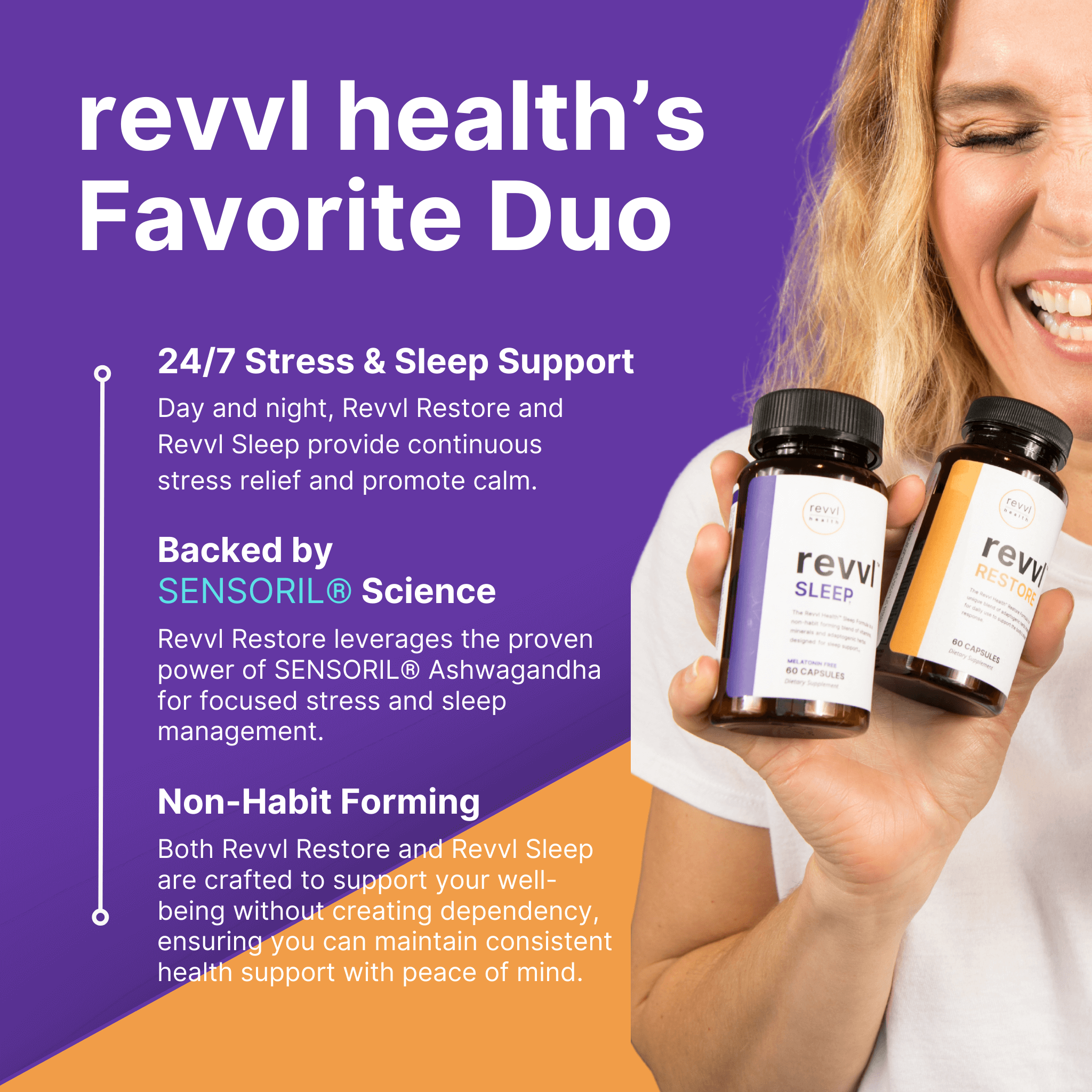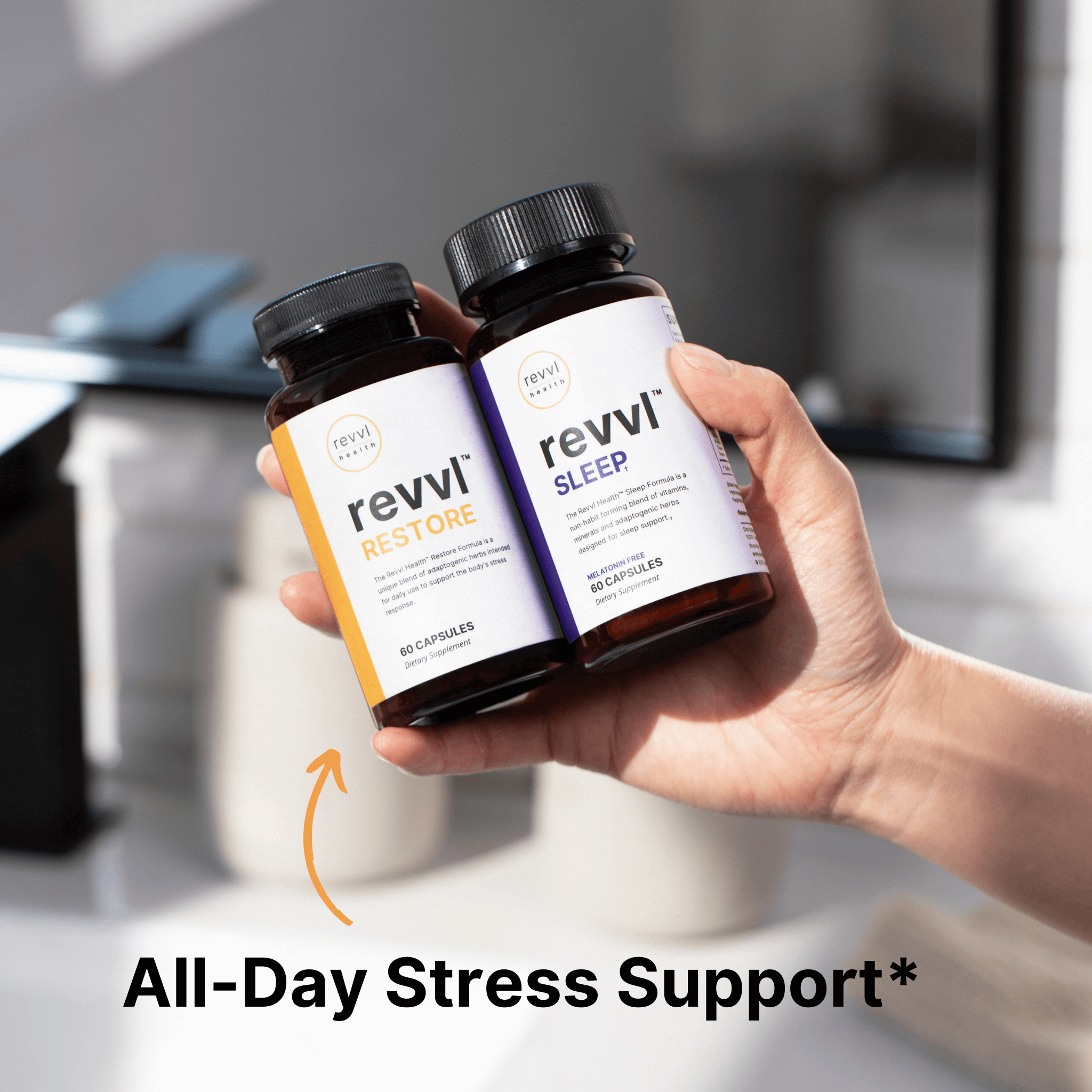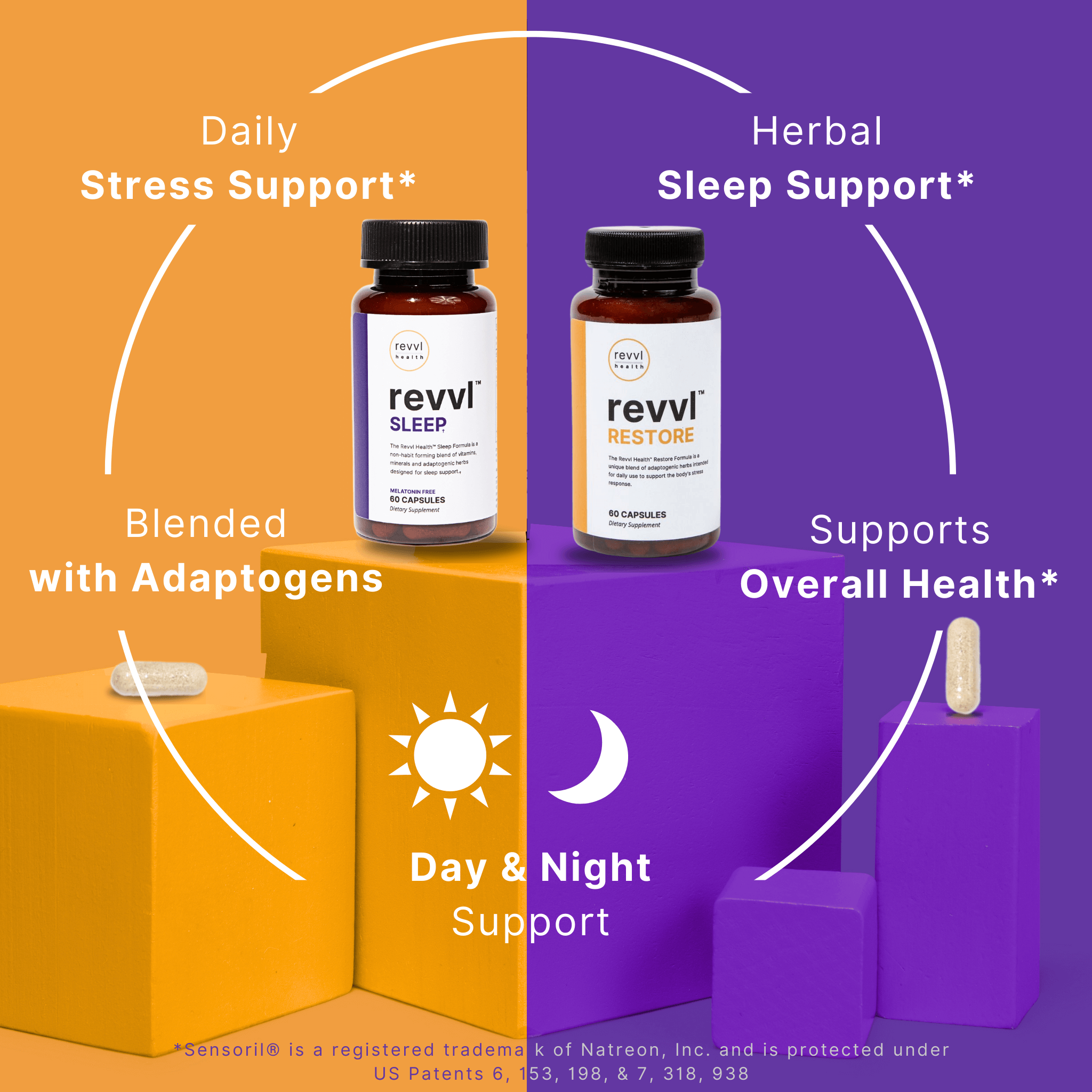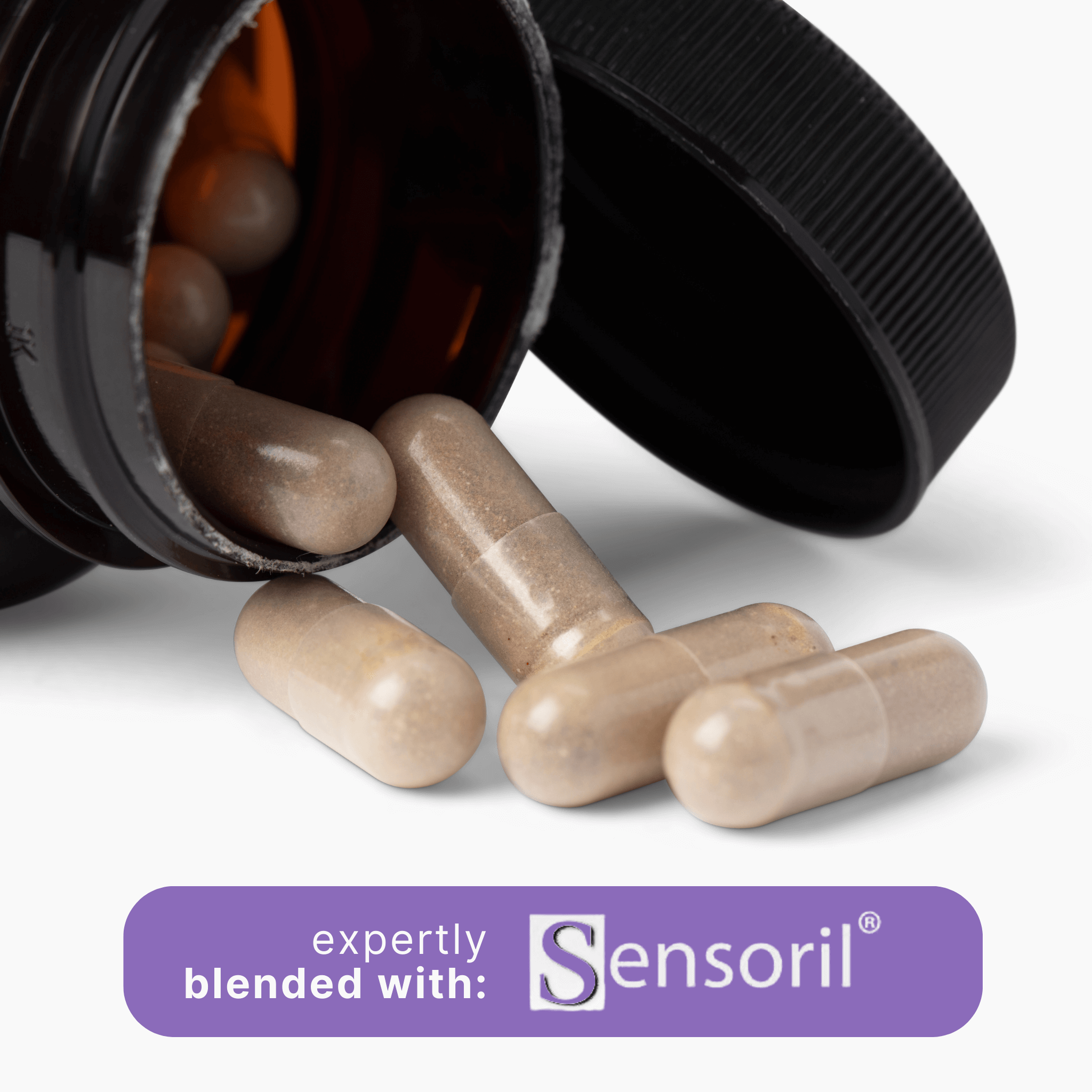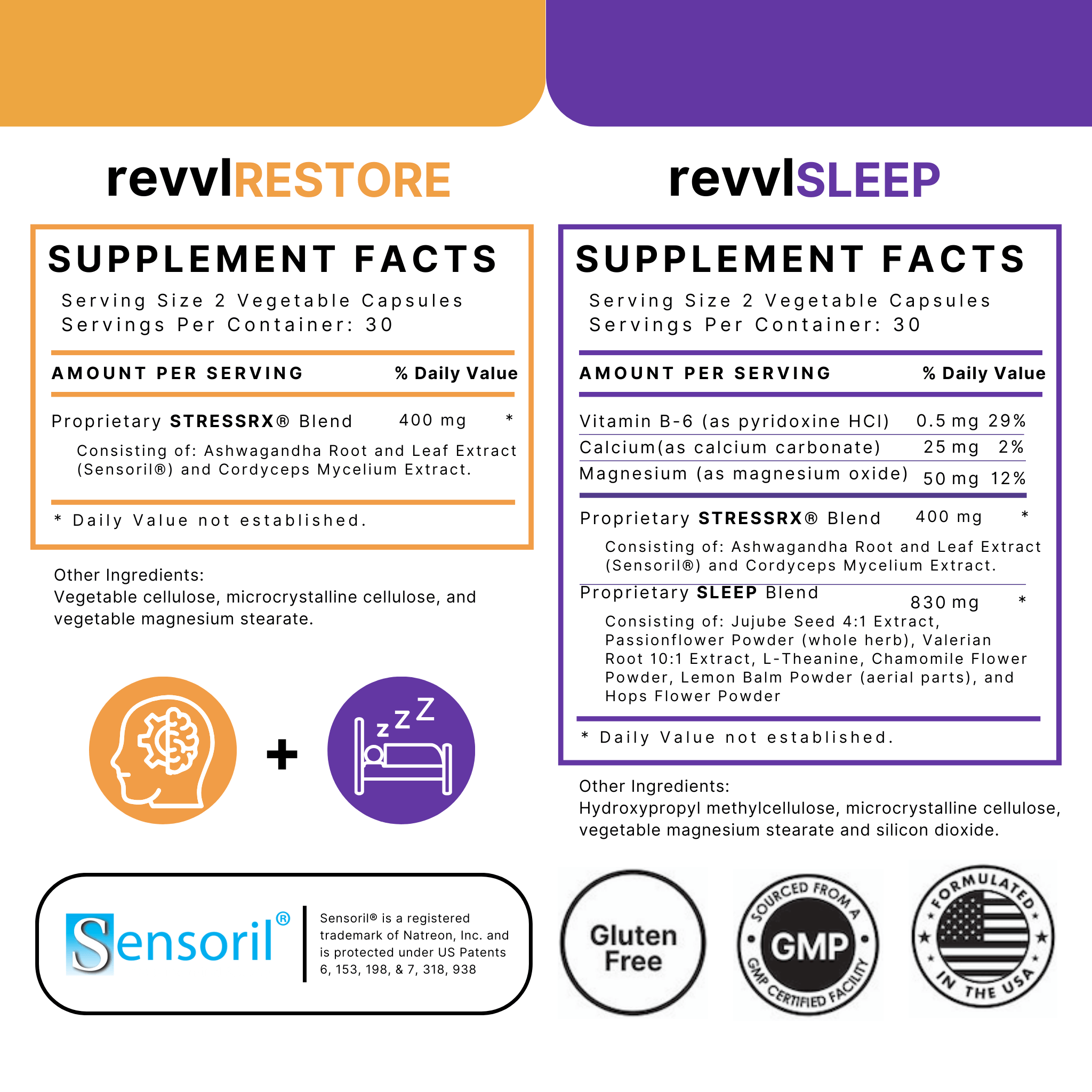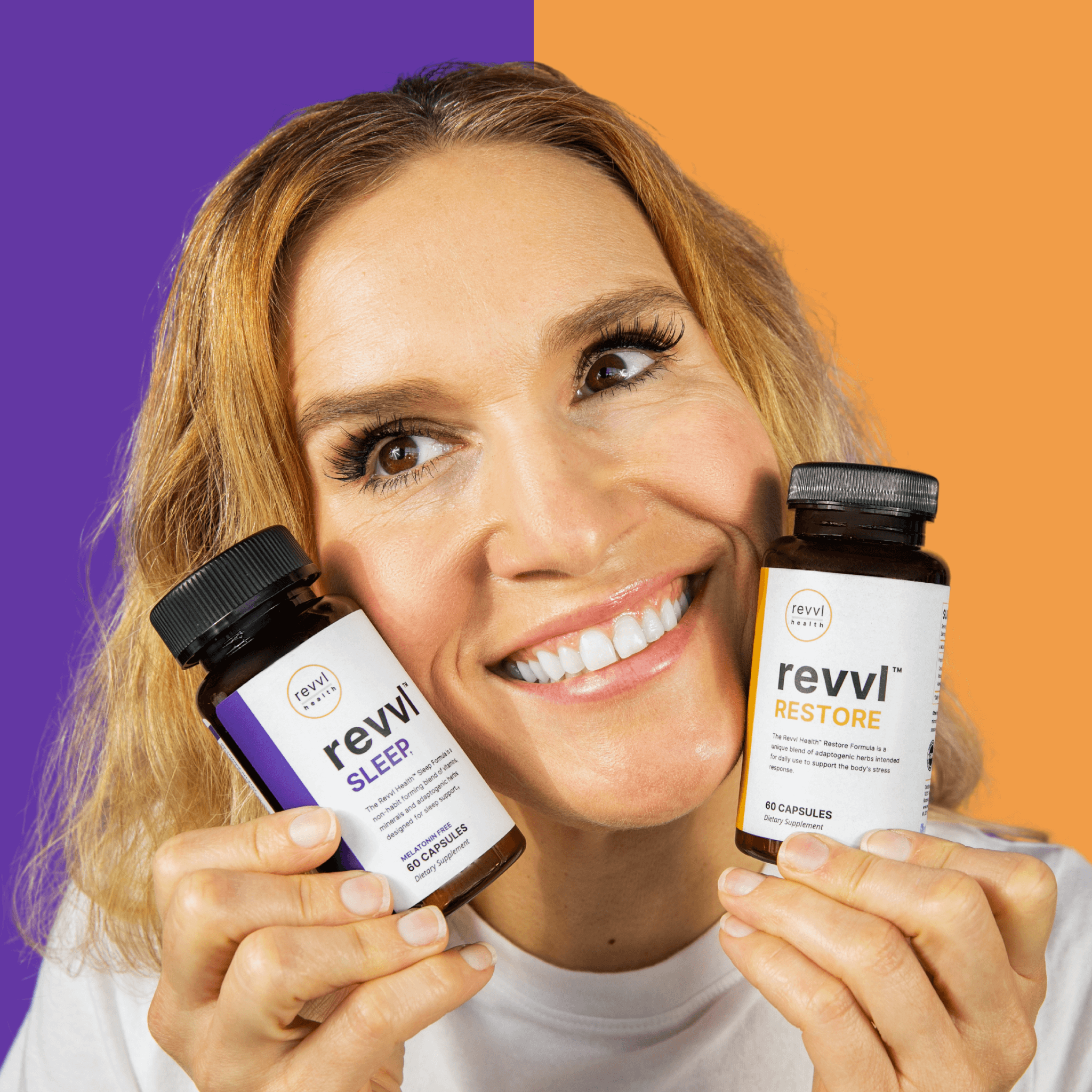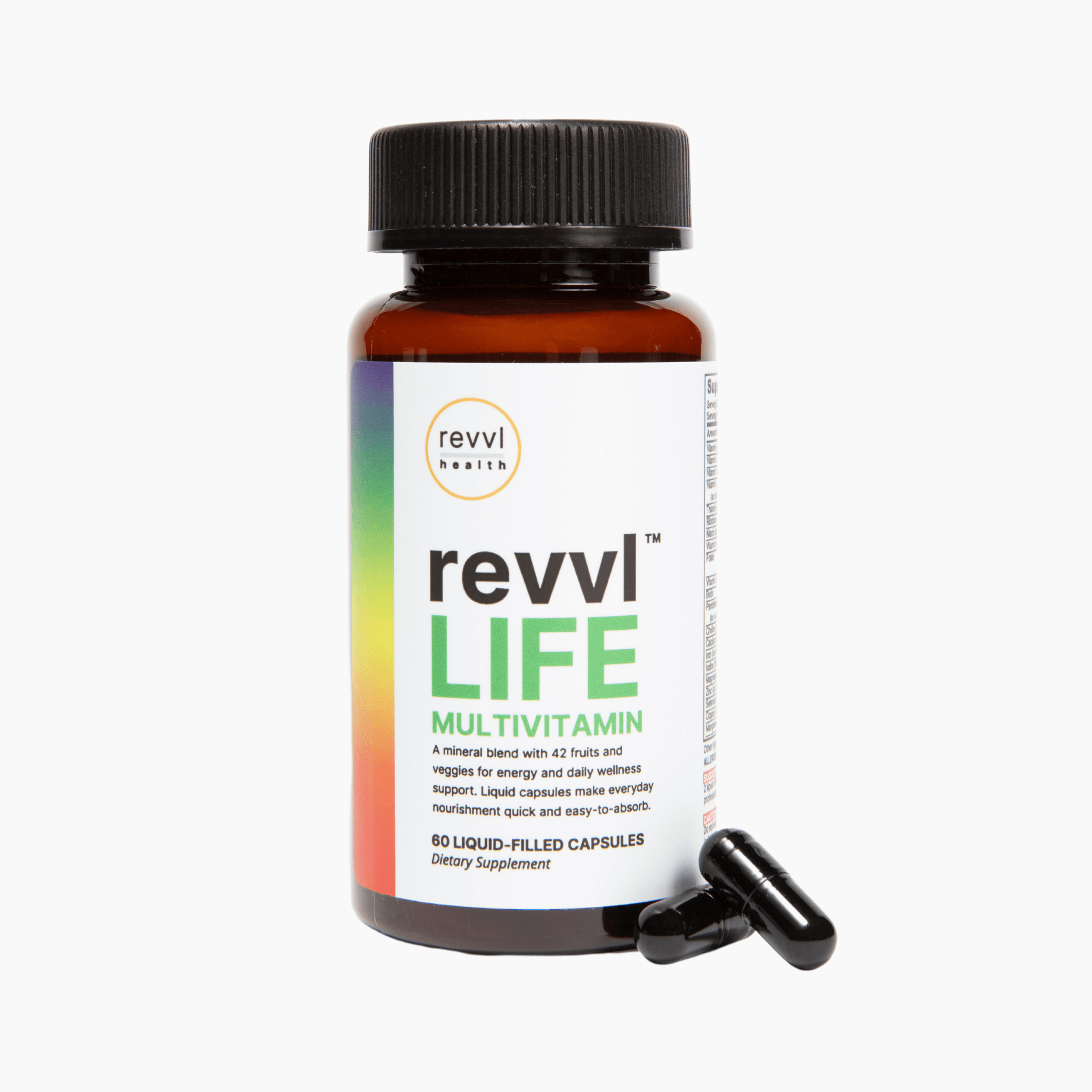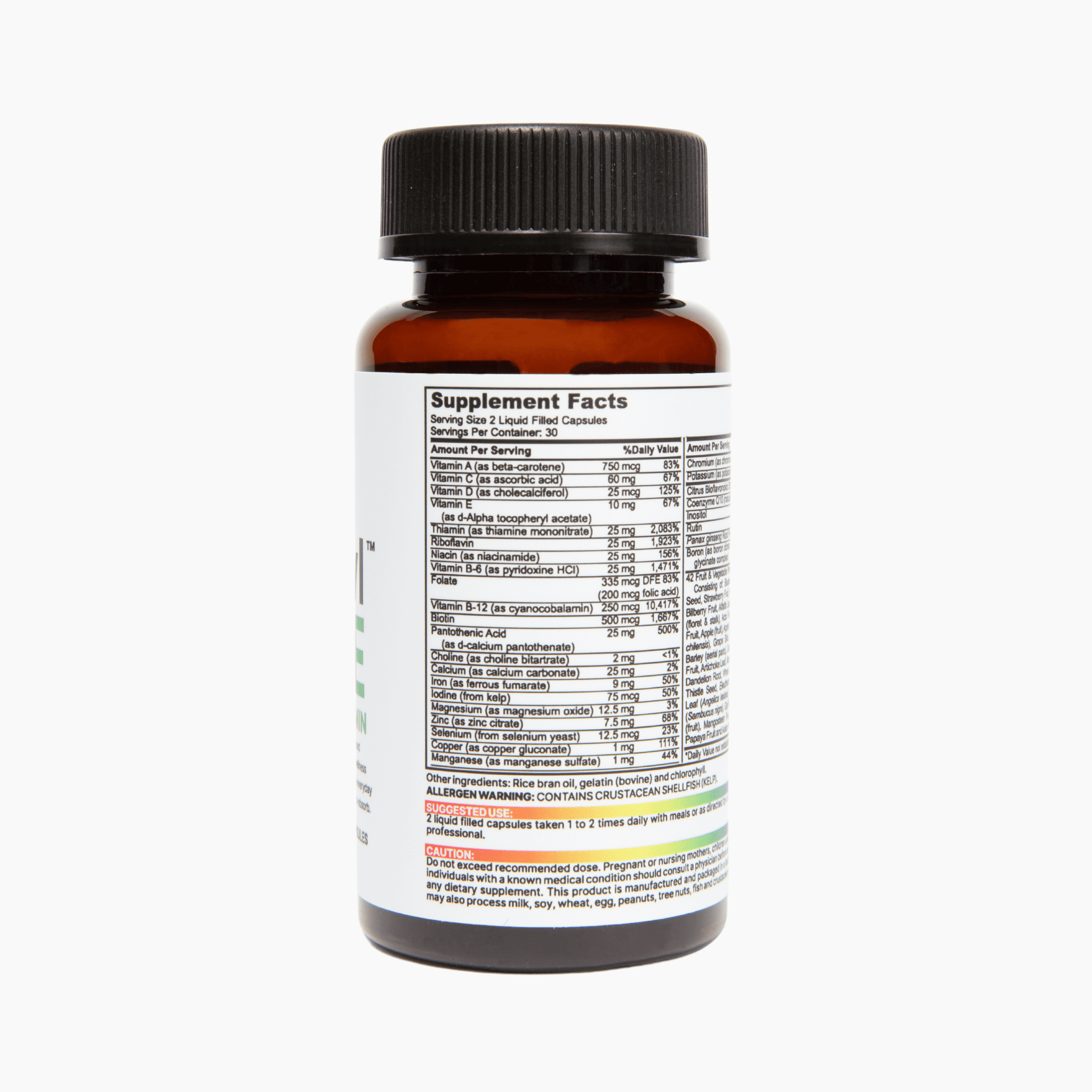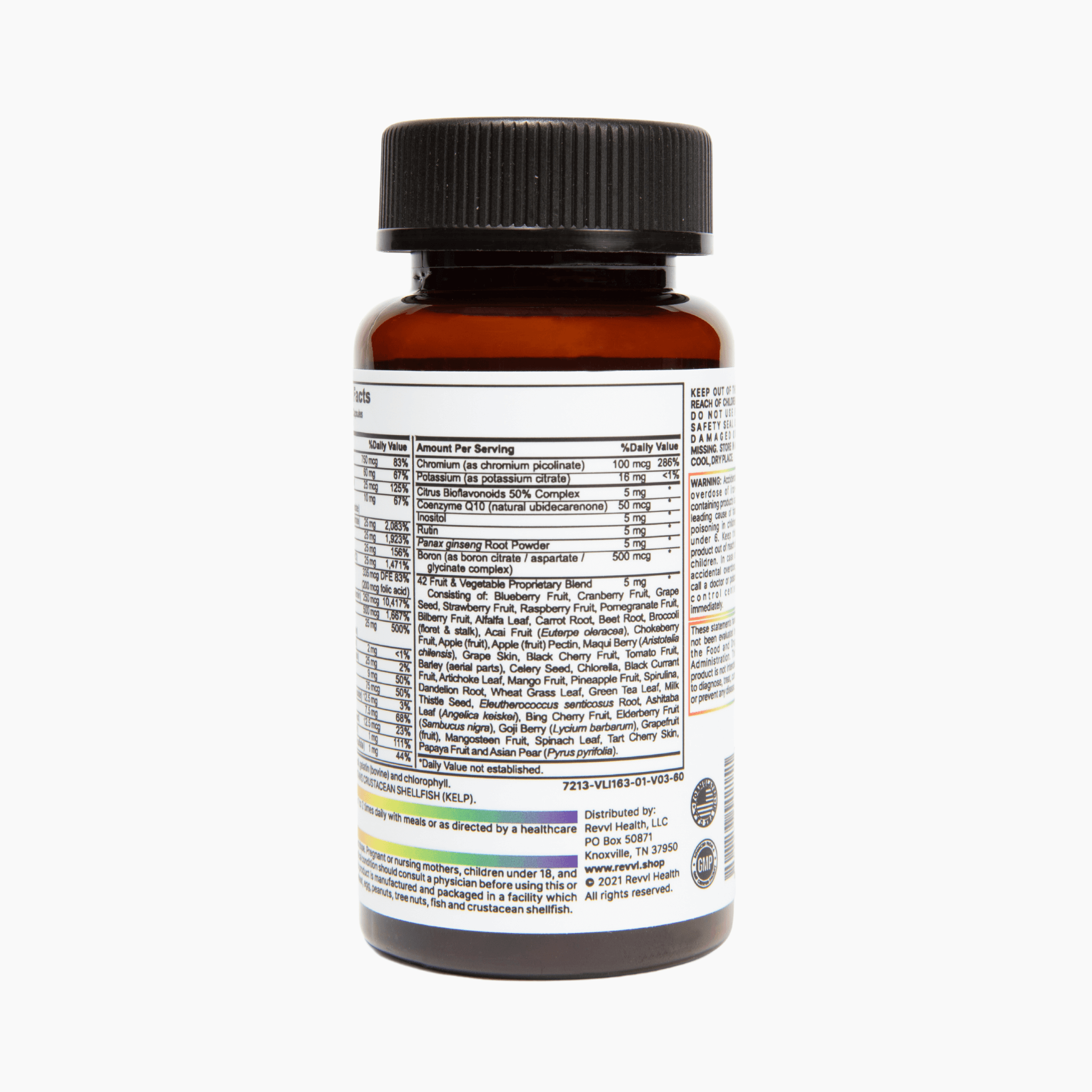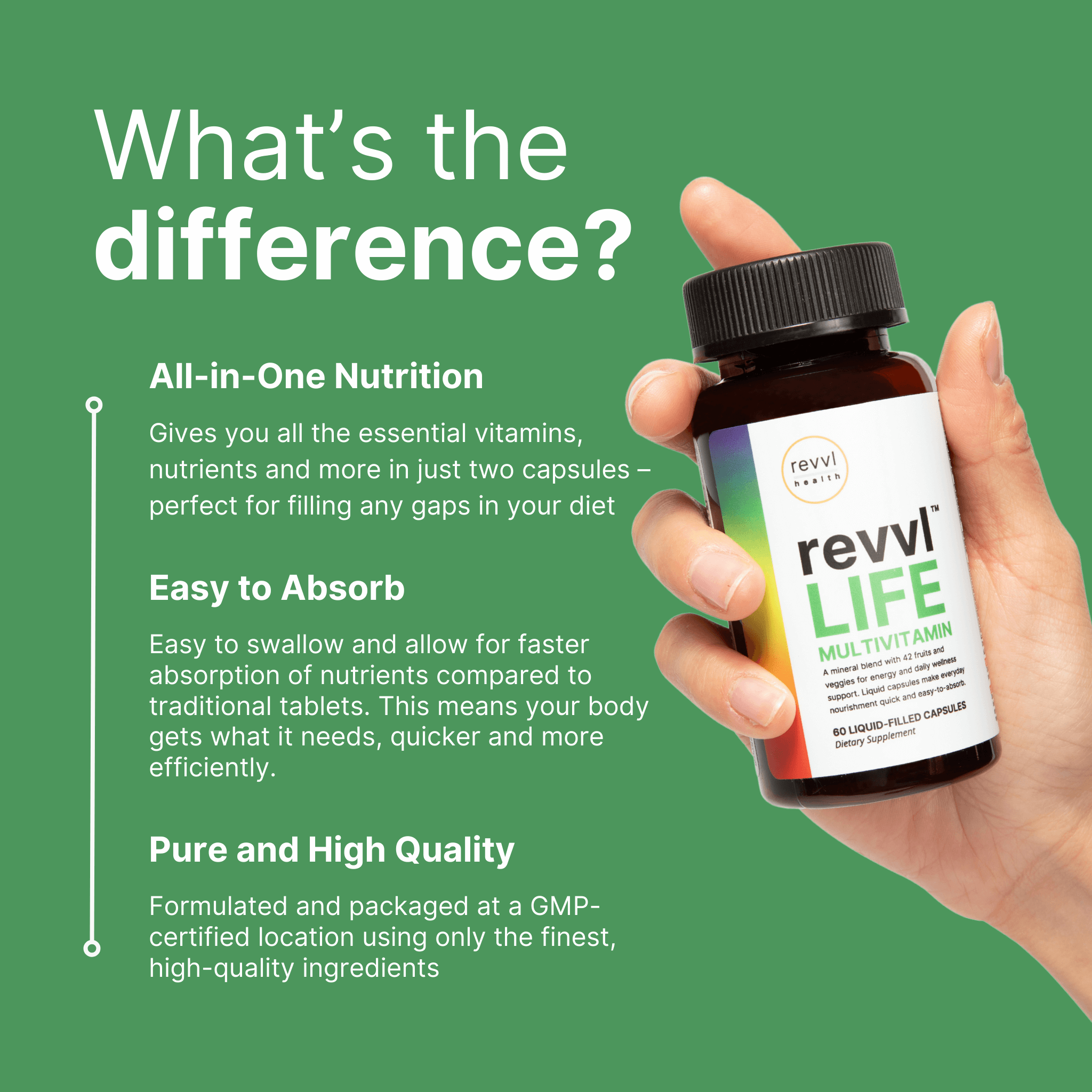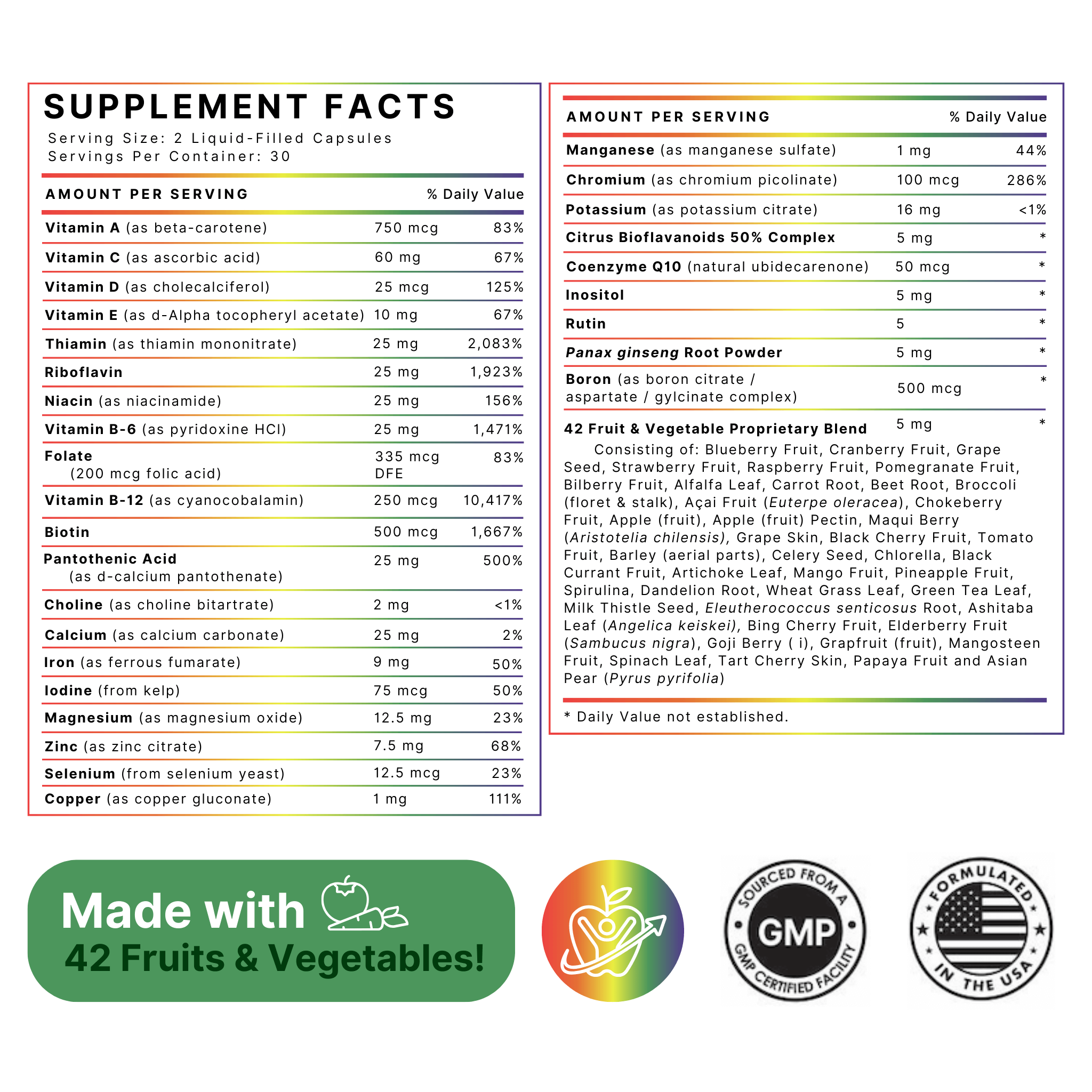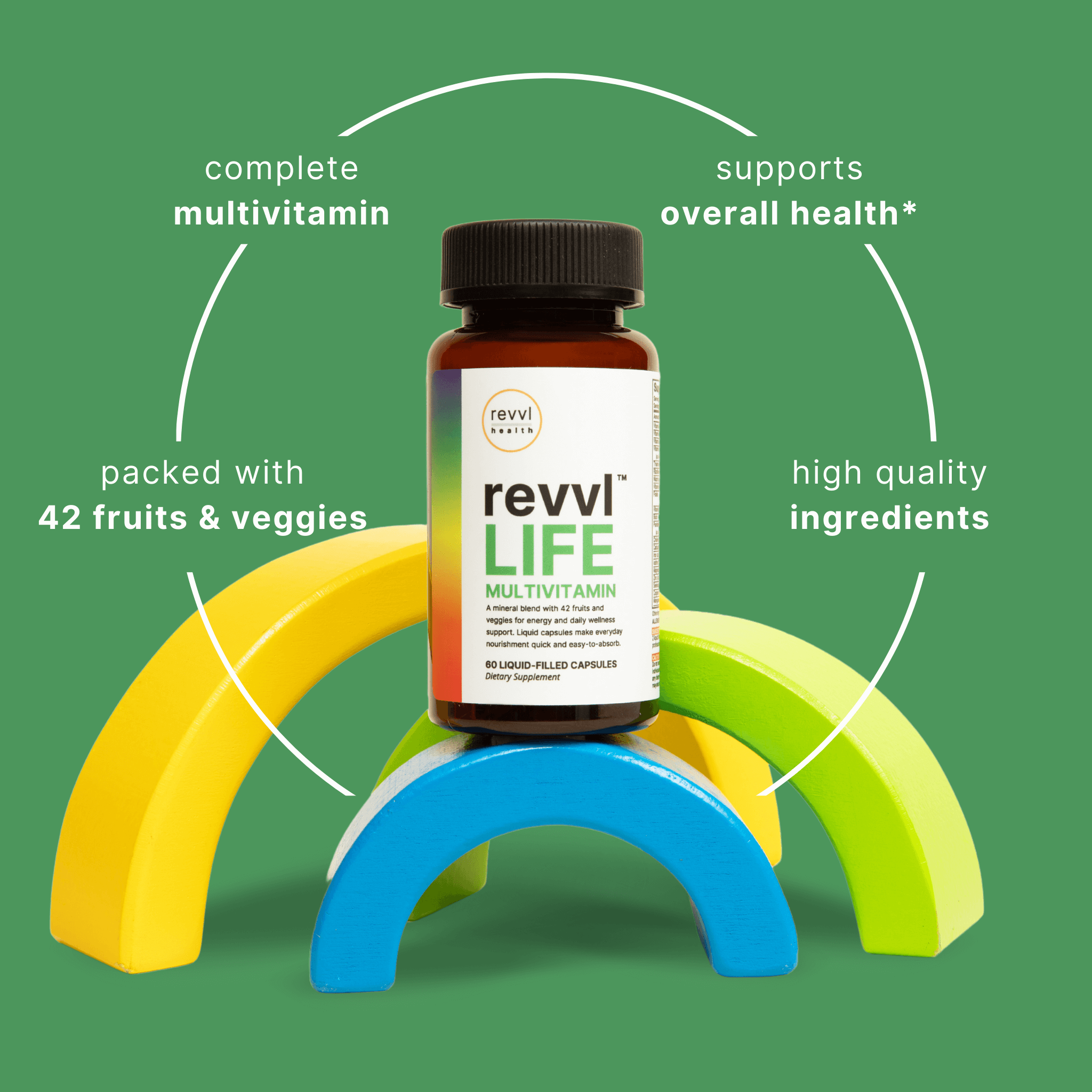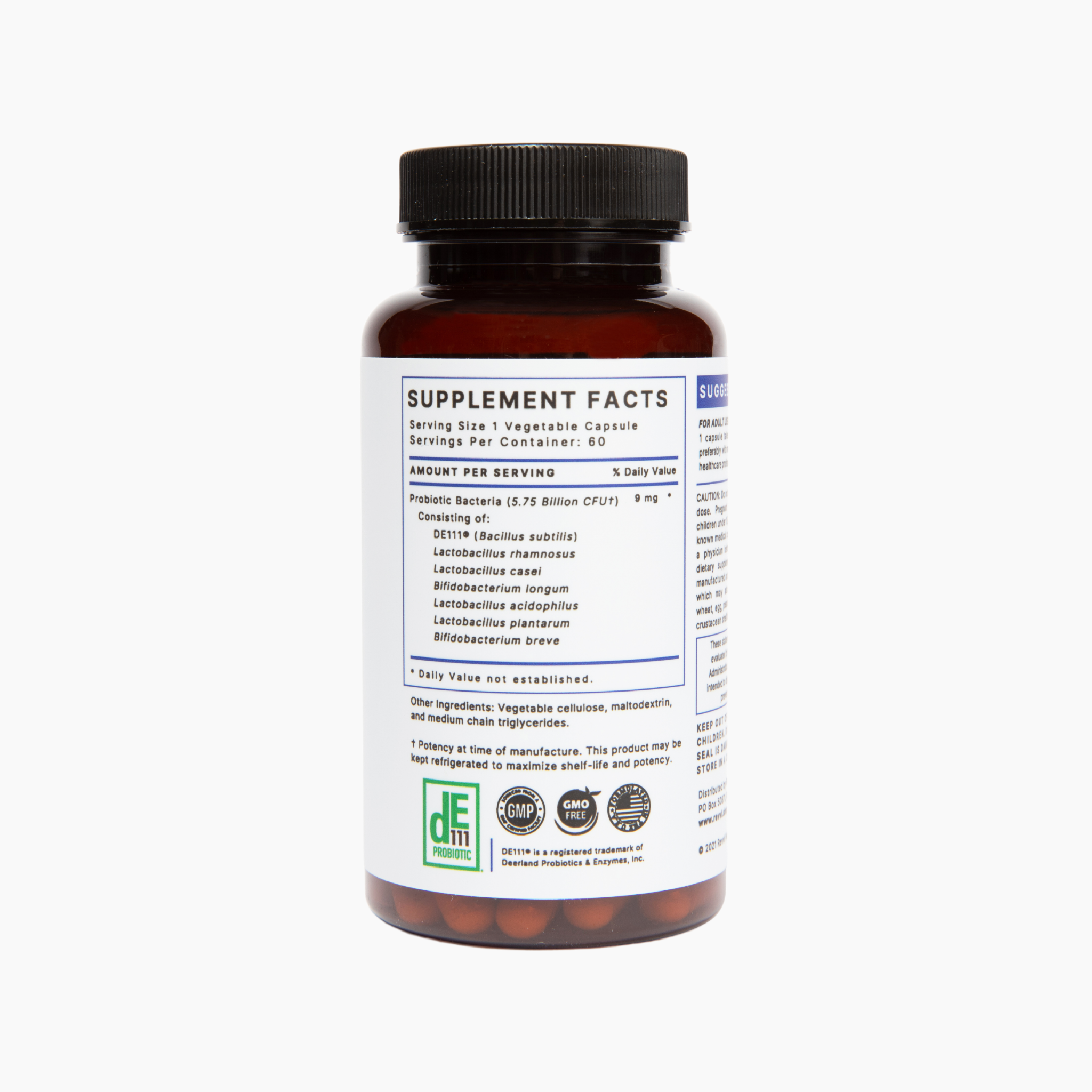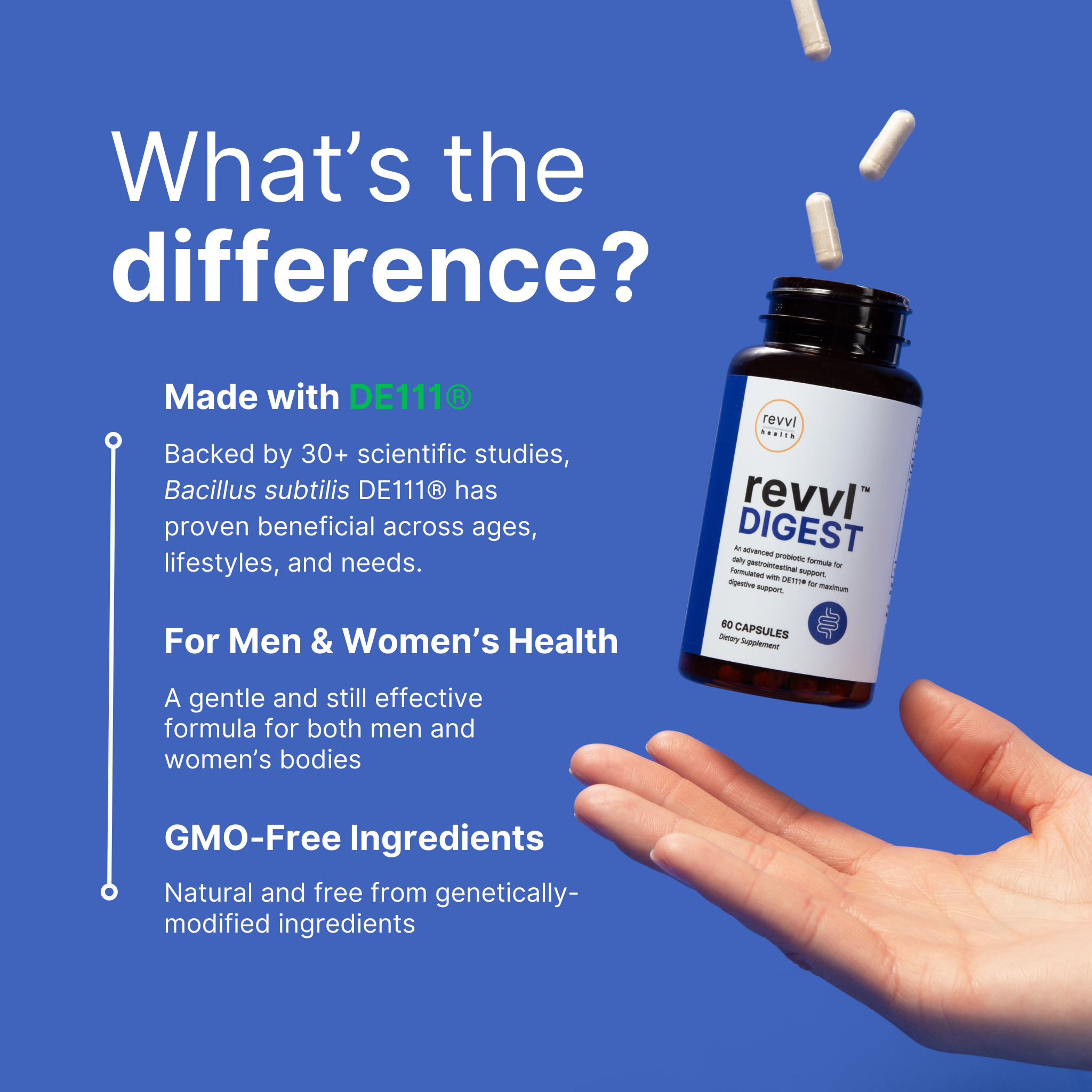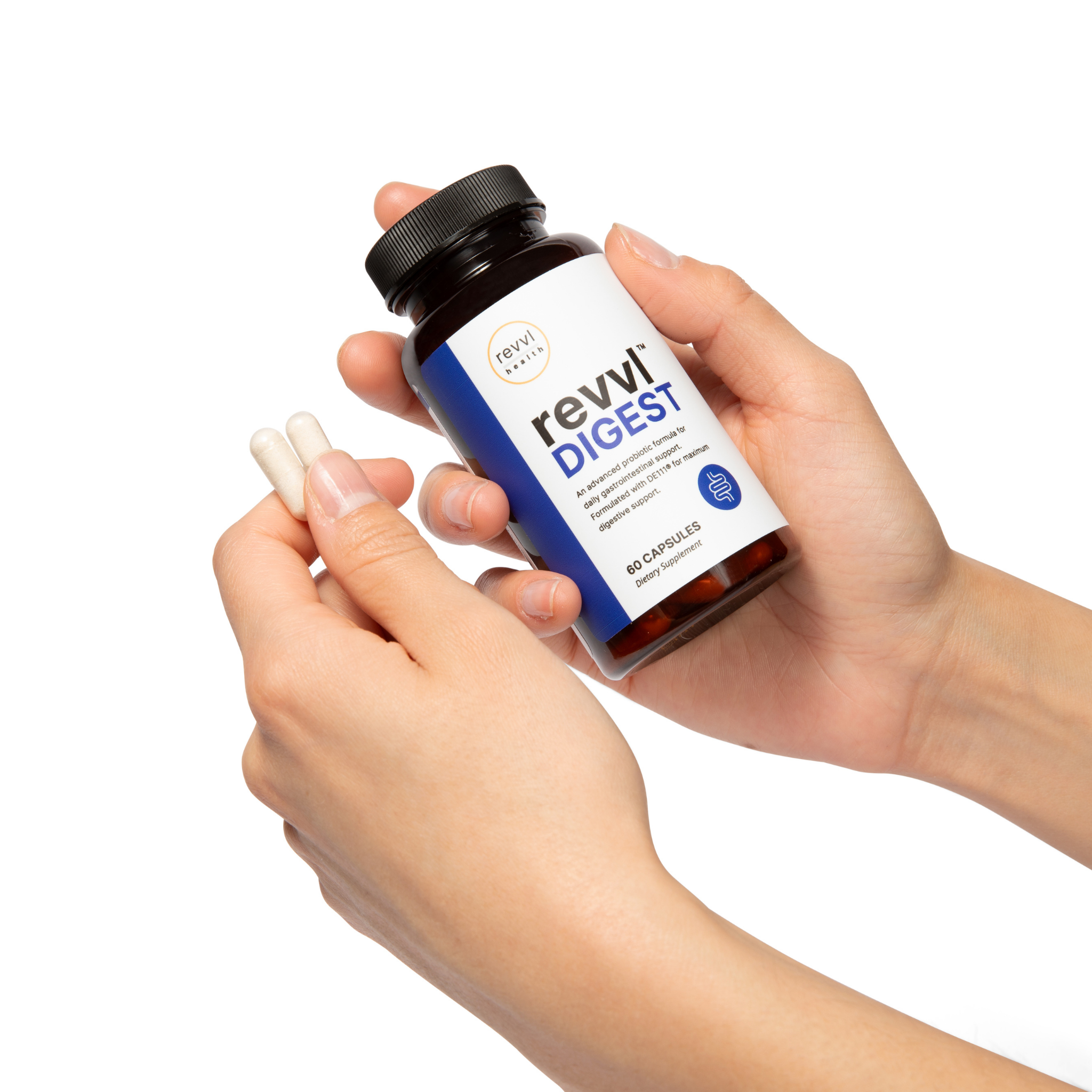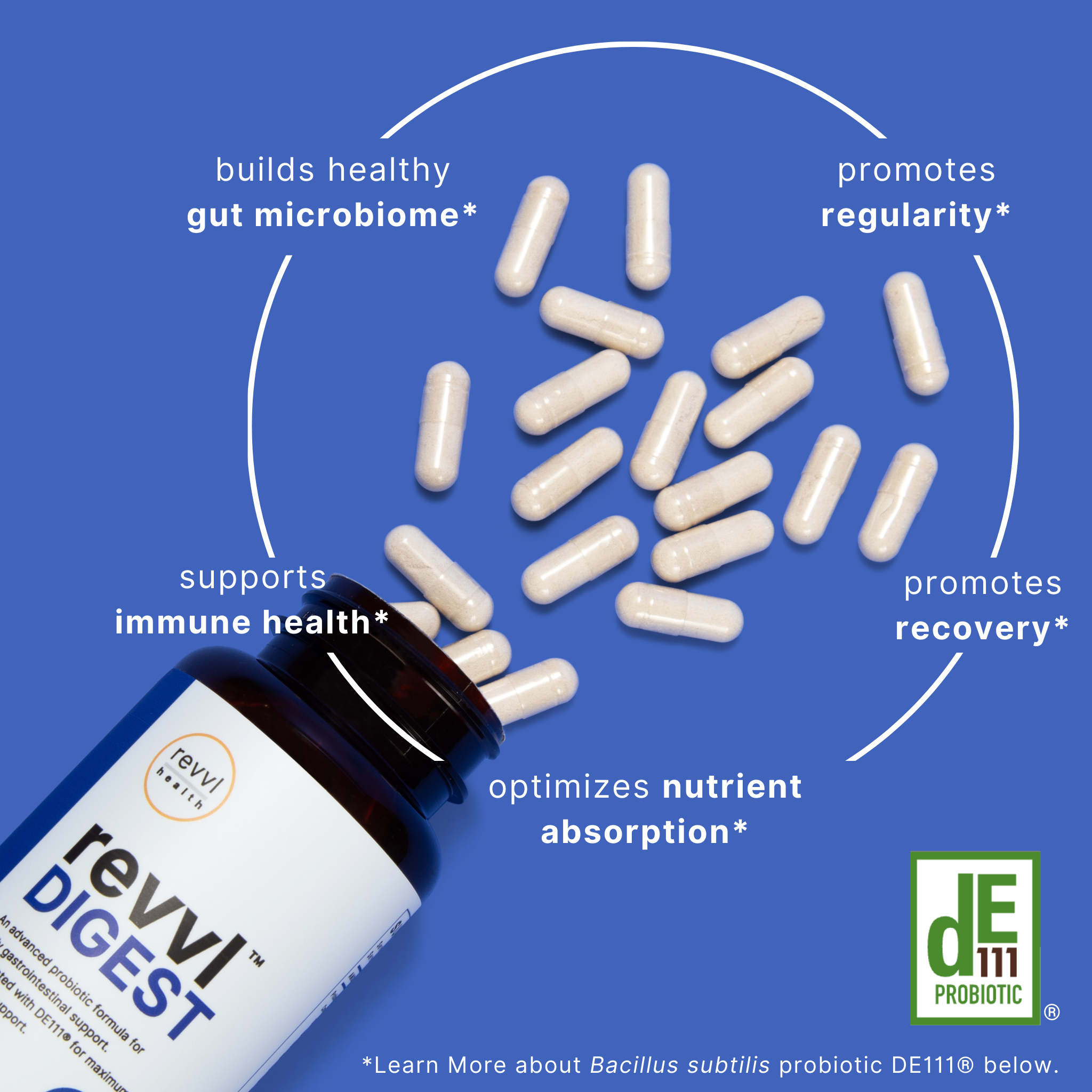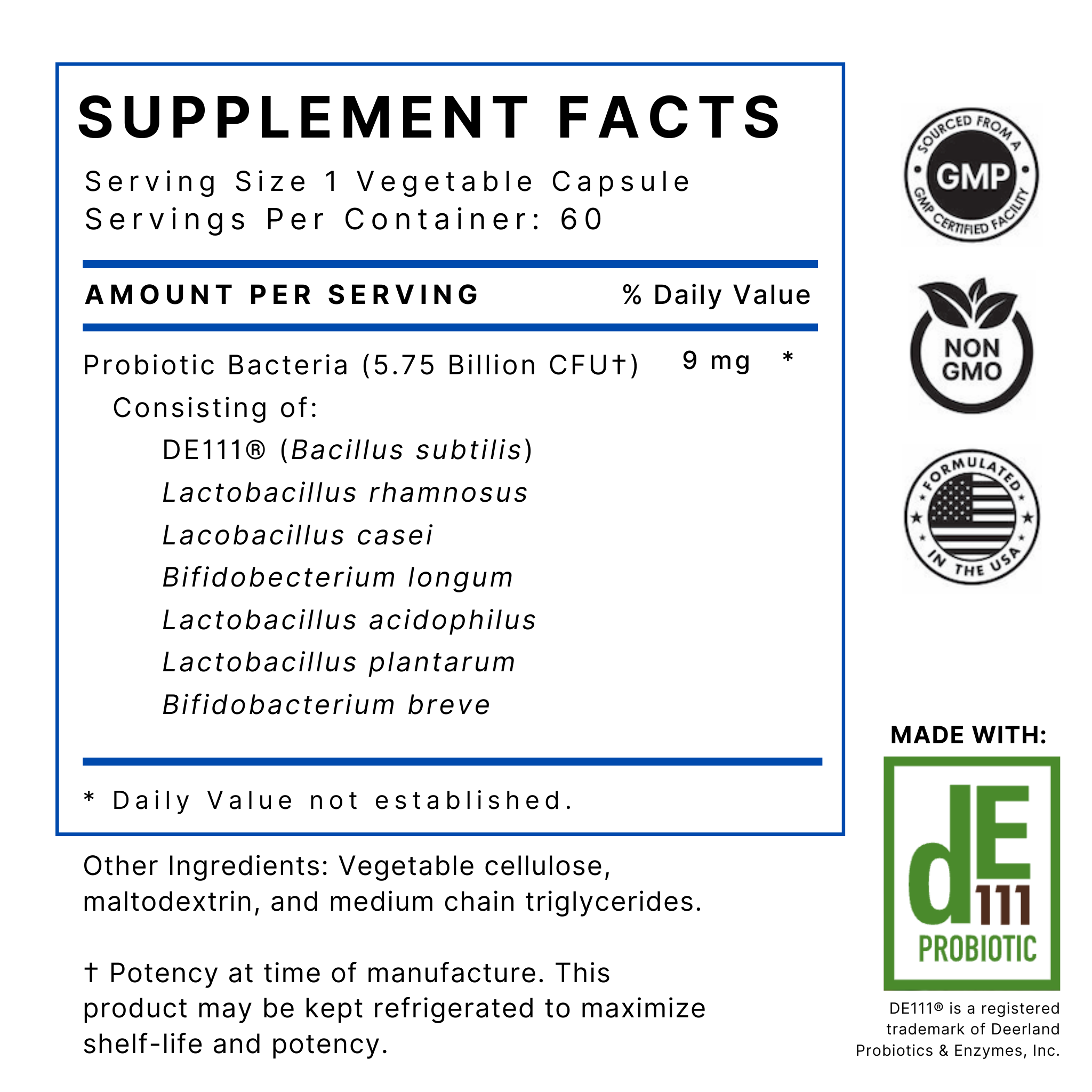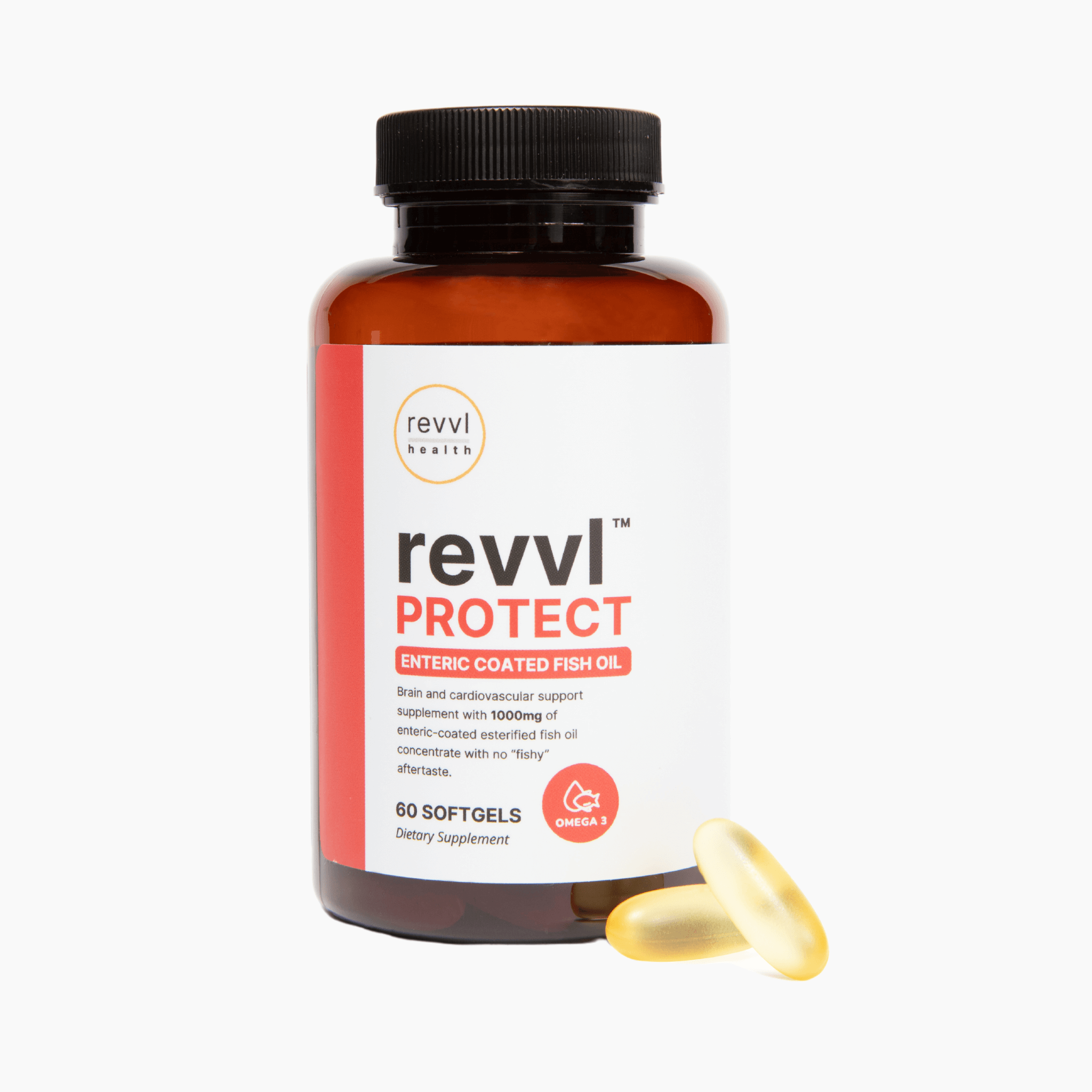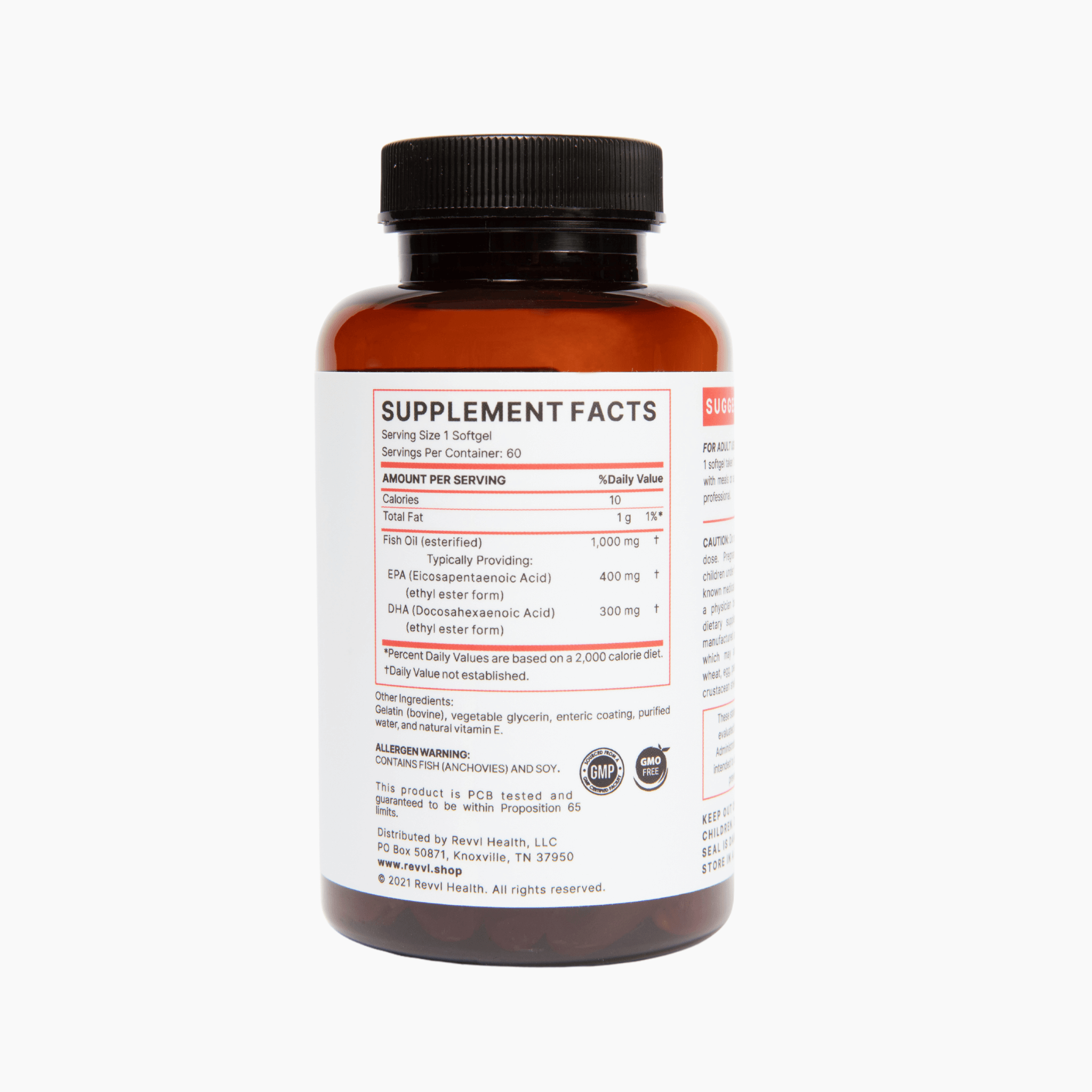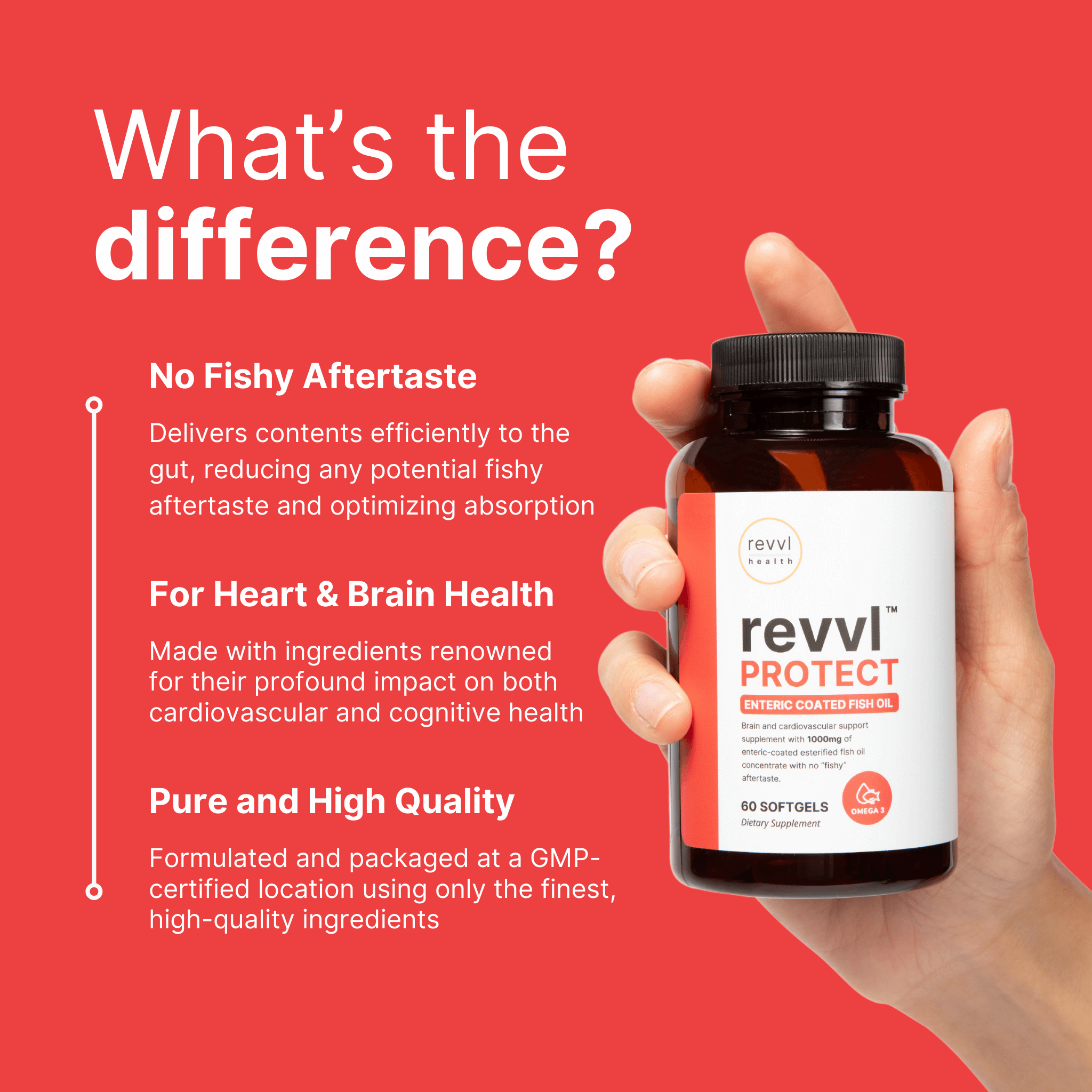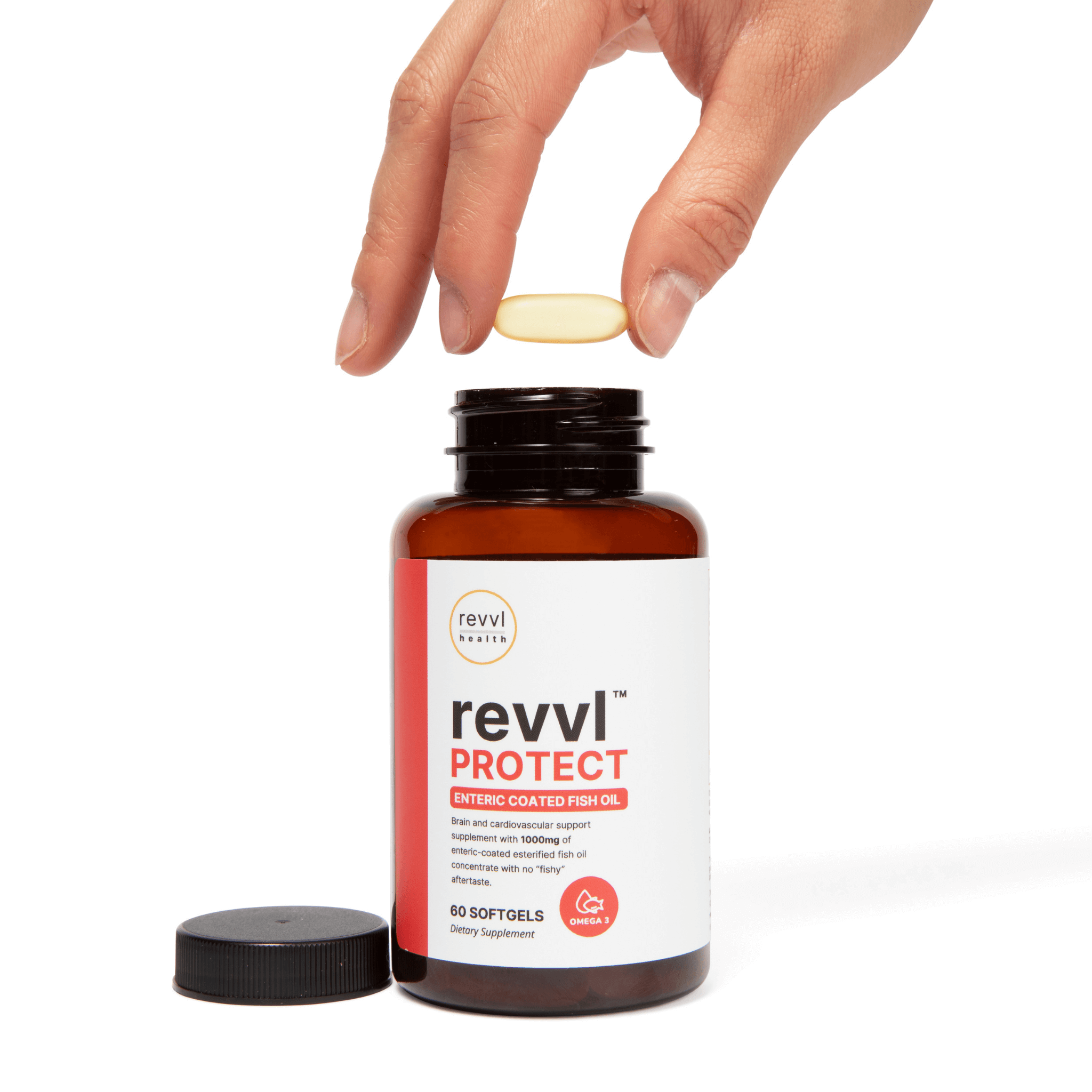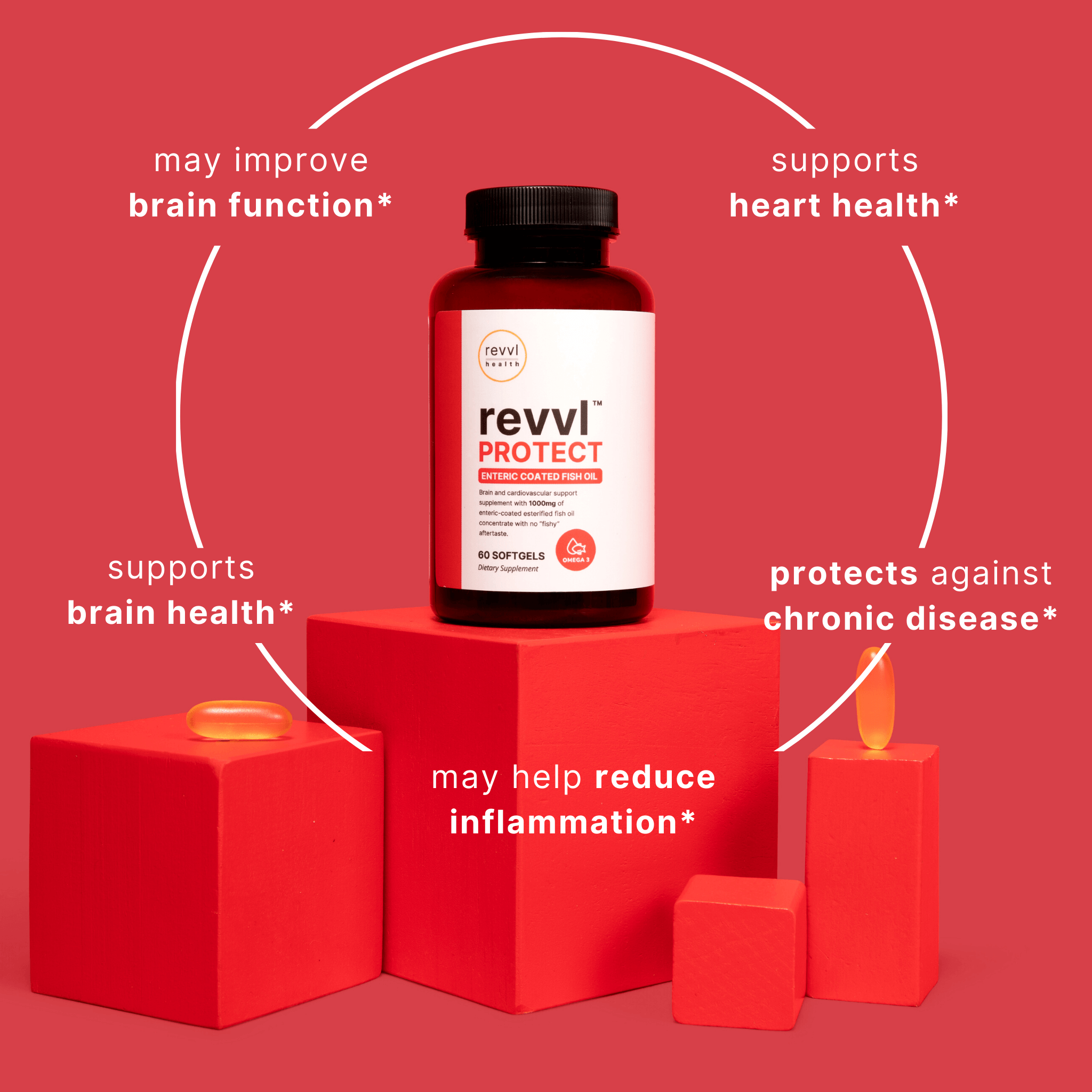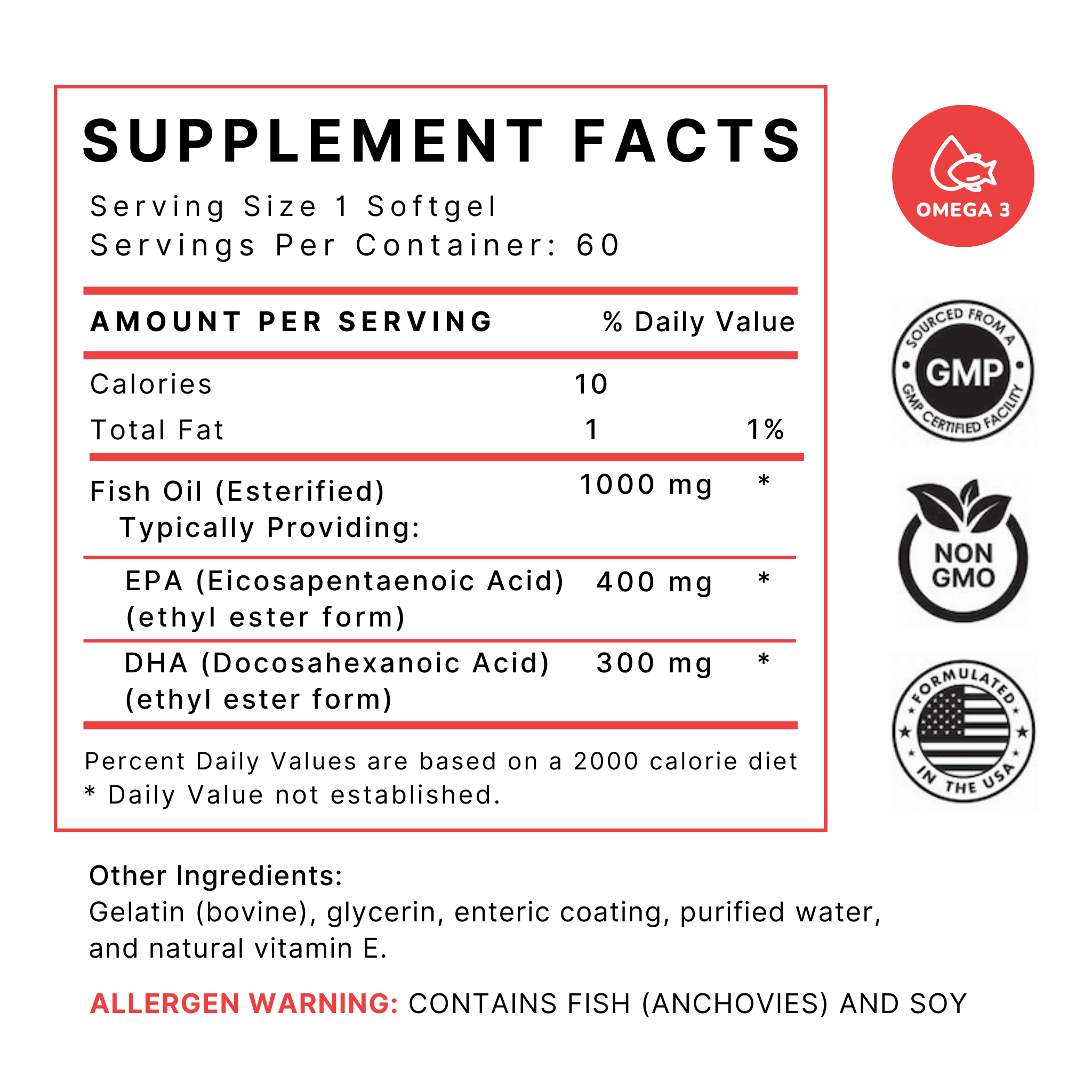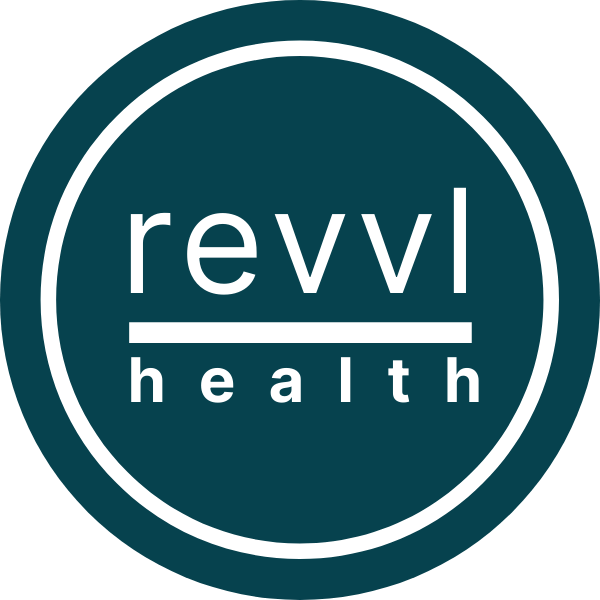Often in the pursuit of our dreams, we start burning both ends of the candle to reach our goals faster. The “grind-it-out” mindset takes over and we find ourselves constantly working day and night. But it’s very rare that we consider the limitations our mind and body have, and once we cross these limits – we become a victim of burnout.
If you find yourself in a similar condition where you feel stressed out, disheartened, over encumbered by too much pressure, then you may be on the route to burnout. In this article, we will be telling you about physical and mental health risks associated with burnout, whether you're a working individual or a home dweller, and how you can unleash yourself from that.
Additionally, we will also discuss how you can avoid future burnout by employing some simple and effective solutions.
What does burnout look like?
Burnout is a state of emotional, mental, or physical weariness following prolonged stress or anxiety. Though the condition is not currently a medical diagnosis, it’s fairly easy to identify for yourself when you go too far with your work or home life. If you neglect it, there is a higher likelihood that you will eventually face some of the physical and mental health aftereffects.
What causes burnout?
According to one study, burnout is the leading cause of individuals being incapable of performing well in their workspace.1 There may be several causes behind this state of exhaustion. For instance, it may be due to poor self-care, interpersonal matters with friends or family, or your incapacity to endure more work. But no matter what circumstances have lead you to feeling burned out, there is hope.

Indications of burnout:
The interesting part about burnout is that; it will not happen overnight but will exhibit its signs gradually. Burnout indications are subtle in the beginning, but if they go unaddressed, they worsen with time. Therefore you need to look keenly and work on it to minimize a major breakdown.
If you are experiencing burnout, there are either of the symptoms that you may relate to well;
- You feel exhausted all of the time.
- You're unenthusiastic about your job or workplace.
- You're not able to perform your job because of constant demotivation.
Still, many risks are there, which you need to be acquainted with and uplift yourself by paying attention to both self-care and self-awareness.
Mental risks of burnout:
-
Negative thoughts.
Burnout may affect your thought process as a whole. As a result, you will experience not only frustration or exhaustion but also pessimism.
-
Anxiety and Depression.
When you're surrounded by sentiments of negativity, your likelihood of proceeding toward depression is also more. This depression can make the day difficult for you.
-
Poor decision-making.
According to the findings of Miss Evie Michailidis and Dr. Adrian Banks, it is more likely to observe that workers with feelings of exhaustion avoid making decisions or are irrational decision-makers.2
-
Shortened attention span.
The worst effect of burnout on your mind is your inability to focus. As you feel swamped, it becomes back against the wall to preserve your attention leading to productivity loss.
Physical risks of burnout:
-
Feeling fatigued all day.
The major risk that burnout may put you at is consistent sluggishness. This fatigue will only leave you overthinking things you have no control over.
-
Physical pain.
According to the Mayo Clinic, burnout may also have a profound impact on your body. For example, it will make you experience bowel complications, headaches, muscle pain, or other complaints.
-
Loss of appetite.
Feelings of frustration or burnout may exploit your eating habits as well. As a result, you may suffer a loss of appetite or a state of nausea.
-
Insomnia.
Getting entangled in your own loop of thoughts that you can't afford to sleep is the most disturbing part. But unfortunately, this is what insomnia resulting from burnout looks like that you cannot escape voluntarily.
-
Compromised immunity and frequent illnesses.
Anxiety elevates the cortisol level in the human body, which in turn is responsible for the partial regulation of inflammation. As a result, the individual is more likely to experience illnesses like cancer, diabetes, and metabolic syndromes in the long run.
How can you get rid of burnout?
It is not a quick process to recover from burnout but rather time-taking. Moreover, as the problem is internal, tracking the root cause also gets difficult. However, we've gathered a few steps that may aid you in regaining your balance towards a positive and hopeful life experience.
-
Accept the problem.
You can't recover from something you cannot witness the problem in. For this reason, the journey of avoiding burnout begins when you take the time to reflect and analyze what's holding you back.
-
Take a break when needed.
Take a gap from all your activities and give your body space the time it needs. By doing so, you allow yourself to relax and gather your energy at one point again.
-
Identify your stress triggers.
Pay close attention to what triggers your stress levels and try to keep yourself distant and avoid interactions with them. Turn a blind eye to people, situations, or incidents around you that cause you to be at unease and avoid them as much as you can.
-
Speak up for yourself.
Despite working long hours or worrying about what is hard for you, remain honest with your boss or manager and speak up for your own self. There's nothing odd in creating change that may serve your emotional and mental needs.
-
Create a work-life balance
One of the basic causes of burnout is a person's inability to meet up with a work-life balance. Managing your work and life activities side by side will not only avoid burnout, but you will be living a pleasant life.
-
Develop a healthy sleep schedule.
Lack of sleep due to burnout poses serious hazards to your mental concentration, emotional stamina, and physical strength. Make sure to sleep for six to nine hours every night.
-
Take help from adaptogenic herbs.
Adaptogenic herbs serve as an excellent harm-free aid to help your body recover from the clutches of stress and burnout. A few adaptogens are listed below that are beneficial in their own way to cut off the risks associated with burnout.
- Cordyceps: Boosts stamina
- Ashwagandha: Relieves from stress and anxiety
- Rhodiola Rosea: Minimizes physical and mental fatigue
- Tumeric: Boosts brain functioning and reduces depression.
-
Try our stress support supplements.
You can also opt for our supplements as per directed by the physician. Our supplements are blended with a touch of adaptogens. You will plenty of supplements for the exact problem you’re facing, whether it be Stress (Revvl Restore), Sleep (Revvl Sleep), Immunity (Revvl Immune), Energy (Revvl Energy), or Inflammation (Revvl Recover).
The Takeaway
Burnout can zap the joy out of your life, but things don’t have to be this way. Taking a few precautions, setting some boundaries and taking supplementary or professional help where needed can save you from the harms of burnout and change the course of your life for the better.
References
- B Grace Bullock. "How Mindfulness Beats Job Stress and Burnout ." Mindful. 14 Aug. 2017. www.mindful.org/mindfulness-beats-job-stress-burnout/.
- British Psychological Society (BPS). (2015, January 7). Burnt-out workers more likely to make irrational decisions. ScienceDaily. Retrieved July 13, 2022 from www.sciencedaily.com/releases/2015/01/150107204607.html





